Text
THE LEANING TOWER OF PISA - HELLO JENGA, JENGA HELLO

I never ever thought I would ever see the Leaning Tower of Pisa up close. The bucket list was for schmucks, if you asked me. The thing about this leaning tower is that it really is leaning. The lean is very substantial, and it is at such a noticeable angle, and you even decide to go up to the top, despite it all. There is very little logic in that on paper, not only is it a height to have a fear of, there is also the fact that it really is leaning. I thought to myself that I may be that bit of weight that causes it to tip over – probably one of many who thought that. It isn’t as stand-alone as it seems to be in all the travel literature you may read. It isn’t that tall of a structure – it’s just leaning. Photography can make it appear more prominent than it is. The clouds were very big and cumulus on that day, and almost seem that they would have cushioned it if it fell, but no, no such thing would have happened.

I went to Pisa just to visit the tower and I stayed for two nights I think, maybe three. Even though it is sturdy just standing there, it doesn’t really seem to be a sturdy thing. On the inside, you can feel the whole thing leaning as you go up the winding marble staircase, ready to be poured out onto the world.

If you keep going in spite of the queasy feeling you get, you get to the top and see a view of the town of Pisa, however uneventful it may seem. Why you just went to the top of a tower that is leaning is the question you ask yourself. Check out this high stakes game of Jenga that me and my two friends Tommaso and Giacomo were playing in northern Italy about a year and half before this trip to Pisa in the pictures below. Prophetic, no? I think I was the one who ended up allowing the Jenga to topple, so maybe that was the primary factor in my remote inclination that somehow, just somehow, the tower would fall while I was in it.
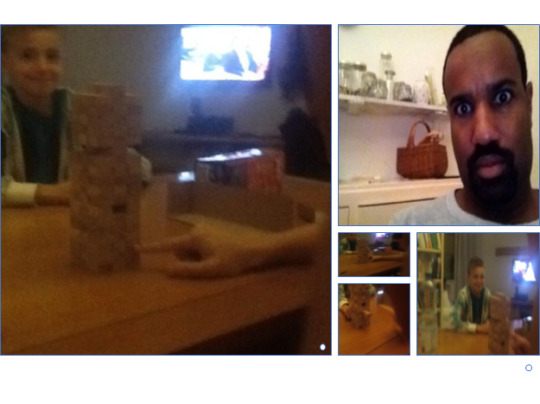
While I was at the top of the tower, I had a few memorable why-the-hell-am-I-up-here faces that you may enjoy. My beard makes them even better, even weirder maybe, depending on how you look at it. If you are a person who is afraid of heights like me, then you will understand. There I was, a grown man with a full beard afraid to the point of Bill Murray baby steps while I was at the top.

I cannot express to you the joy and relief I felt when I came out of the tower. The whole time I was preoccupied with the fact that it was leaning and that it could be my weight, my little American inertia, that could topple it over with one step or observational lean. The construction of the tower was started more than 800 years ago, and the completed tower is 645 years old. Save an earthquake or some other natural disaster, the tower should be fine for at least another 200 years. Engineers had to perform a series of counter-resistance measures to decelerate what was becoming a bigger and bigger angle of its leaning. They had to weigh the opposite side of the base of the tower down to offset it.
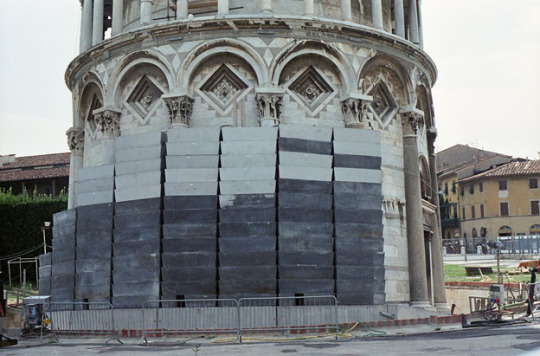
I didn’t take one of the famous pictures in the cushion of negative space around the tower – like one with me holding the tower up to keep it from falling, or me doing something else clever or creative with the space. I was traveling alone and didn’t want to ask someone to assist me.

In retrospect, I wish I had tried some creative shots like these. I feel bad for not having done a couple, but oh well…
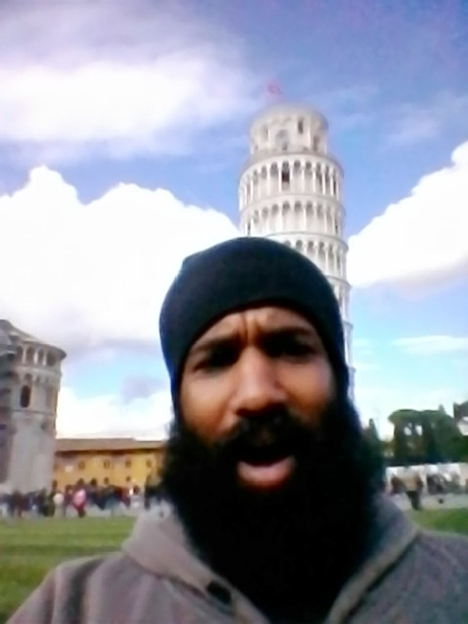
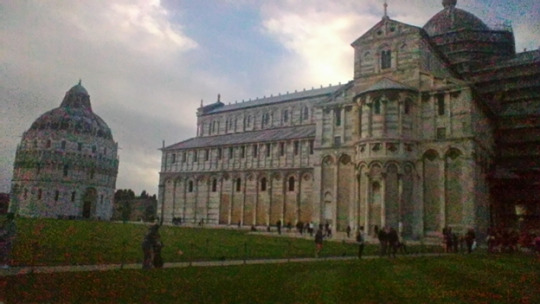
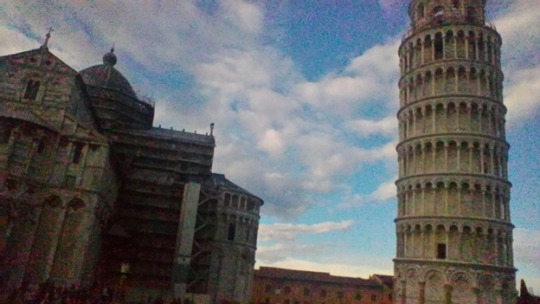
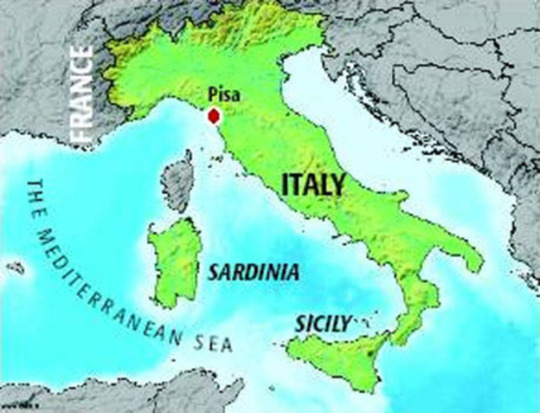
0 notes
Text
THE LISBON OCEANARIUM

The first thing I ever wanted to be was a marine biologist. I remember saying it and laying claim to this profession when I was in grade school because it sounded like a smart thing to say. I was a little creature darting around in the sea of my elementary school. I don’t remember which teacher asked us, but I do remember my answer. I was probably eight or nine years old then. Marine Biologist became my default answer whenever what I wanted to be when I grew up became the topic of discussion. So, what do you want to be when you grow up? I think, a marine biologist. I thought that way until I decided I wanted to be a French teacher.

Maybe the spirits that lay beneath the surface of the streets were demanding a reconciling. Early neighborhoods I grew up in were filled with drugs, welfare, and street ministry. There was always the askew, but heroic, spirit of the hustler competing with the saving spirit of the evangelist. They saw my embryonic self-image enclosed by my small body and frame and shouted simultaneously marine biology and it echoed around my ribs and larynx and became my default answer. On paper this is quite simply a fantastic and legitimate assessment of those circumstances. Between physically burying a body and psychologically rejecting a message that would have saved or at least extenuated that body, you can make a case for marine biology as a type of cross-sectional study of pathos.

Those spirits wanted to know why they were trapped there during the day. Back when I was younger, I was conveniently unaware of what they did after dark. I was always in the bed asleep. I was well aware of the Boogie Man, all the wicked witches, graveyards, and ghosts from the stories I would hear my friends and other people tell in the daylight hours about certain houses in the neighborhood, or certain creepy old ladies.

If the streets were a metaphor for rivers of water, then those spirits were in the marine life that you find in such a place as an oceanarium. In terms of urban lore, the still waters of an oceanarium run deep, and the same moral questions that surface about zoos and other places of captivity for animals, surface about oceanariums and aquariums, etc. Rebellious slaves-in-transit were thrown overboard into the oceans never to be heard from again. Rivers ultimately empty into larger bodies of water and the streets and their consequences empty into people’s homes, jobs, and personal lives.

Recently I have wondered if being a marine biologist was actually my calling in life. Was this career supposed to be a fair negotiation between where I came from and what I saw and heard about the neighborhood and spiritual world from my friends and people older than me. Meaning, should I have run with that first inclination I had when I was young – as in, was it okay to have done that? I used to be able to hear my bones squeak as if I was an old man when I was younger. It was the same sound as grinding teeth. I knew what I knew then, as they say, and I knew it had something to do with my synovial fluid. Snap back through all those synapses of adolescent angst and I see what I see when I look in this commendable attempt at cross-sectional representation of the Earth’s great and vast oceans. I see that nothing was certain then.

I thought I would study dolphins and sharks one day, and symbiotic relationships that exist in the ocean. But I study languages and hope to make sense of what I find to be the translucence of the world around me. I had a fascination with, and fear of, jellyfish and why they stung, and I even reckon I felt the sting from one once, but I couldn’t tell what it was. It was at a beach in the South of France, in Nice or Cannes, I believe. Their defense of their delicate bodies was a hallowed thing for me to find out and know. Did it make me feel safe knowing that? No, but it was worthwhile to know. I felt informed, knowing that about jellyfish as they oozed and shimmied off into the dark and unexplored corners of the aquarium in my head. I even saw the eel in the eel-like line, that slithered around the delicate Velcro barriers I was standing in while waiting to get into the Lisbon Oceanarium.
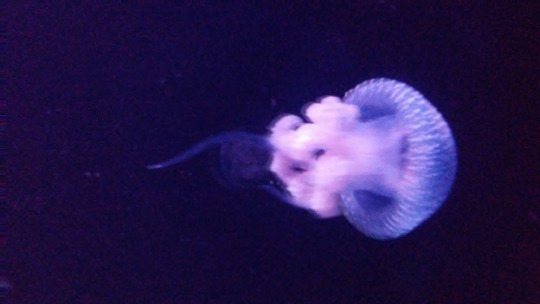
That curious little fact about jellyfish plucked me right in my little knucklehead that day I learned it. I think jellyfish drove the point home that if you knew you were doing something that was going to get you into trouble, then you had better be ready to deal with the consequences, like seeing the paddle in elementary school, too.

I was immediately alerted to that fate of being stung by one, and I fancied the shock an electric one. Jellyfish have an association with Medusa, and in several languages in Europe they are called medusas; with the sting of the jellyfish being the equivalent of being permanently cast into a marble version of yourself just for looking at the horrid Medusa. Were it not for Perseus beheading Medusa, we wouldn’t be dealing with such contemporary social issues like Confederate statues. Just kidding, but just saying… Perseus kept her head after killing her and it gave him a limited Midas touch, per se, with other enemies.

Other animals in marine life always represented danger and consequence. Getting eaten by sharks was something we knew to avoid. Getting stung by sea anemones was something we knew was possible, and even more so because sea anemones were protecting their friends, the clown fish.

Sometimes we could see the danger in the name of an animal like a stingray or swordfish. Fast forward to adult life and literature, and the ocean, or the sea, is really a big deal. It is much bigger in actuality than it seemed back then.
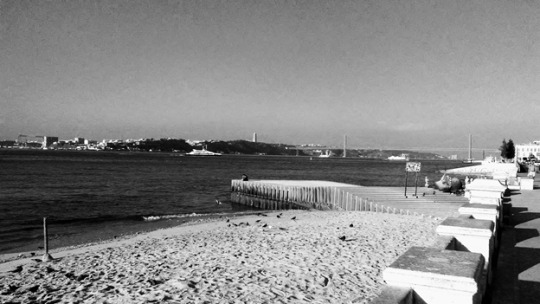
Global warming is actually a big deal. Oil spills are actually a big deal. Pollution is actually a big deal and is really that ugly when you look it in the eyes. And conversely, there is something special about hearing a person wax philosophic about the sea and things maritime. A school of fish, a herd of seahorses, a fever of stingrays, a smack of medusas, or a shiver of sharks can mean so much.





It is a wonder to see these groups go passing by and try and estimate how intelligent they are individually and collectively. What makes them stick together? Do they notice when one falls off from the group? Memories of my childhood go walking by sometimes about as a panoramic as seeing one of these itinerant groups shuffling or gliding along. A few posts before this, I shared a poem by Yusef Komunyakaa about his memories of being in the Vietnam war and how he felt as a sort of dividend of his experience by providing people with such a vivid depiction. This poem below is in the oceanarium on a wall beside part of the main tank where all of the animals are kept:

The blue and white sea and the shiny
Rocks – that inhaled space
Where what is washed rewashes itself
By the ritual of wonder and I begin
From where I returned
In salty foam and shell
To the first beach of my life.
0 notes
Text
BY WAY OF THE ELBOW: A VISIT TO THE MARIONETTE MUSEUM IN LISBON
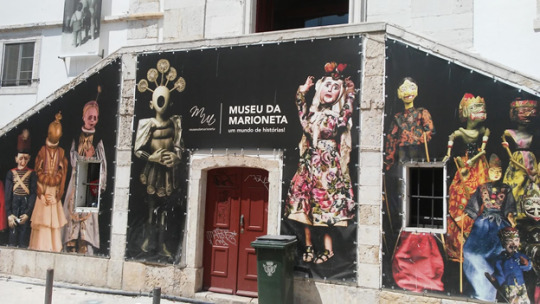
In Portuguese, the word cotovelo means elbow. For weeks now, since I have been walking to and from my Portuguese classes from Praça do Comércio to Lusa Language School, I walk past a little street sign that says Travessa do Cotovelo. More specifically, from Praça do Comércio, I walk past Praça do Municipio, and then past Travessa do Cotovelo and I finally arrive at class.
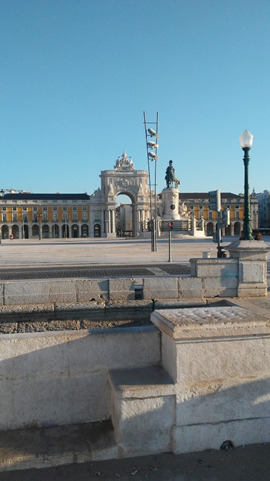

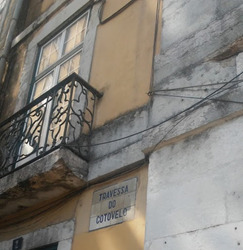
From my experience with Romance Languages, or languages that come from Latin, travessa roughly means by way of. Since cotovelo means elbow, the sign means by way of the elbow. Travessa also has another meaning of tray or dish, but the predominant sense of this sign is by way of the elbow, like holding a marionette, or in Portuguese, uma marioneta.

Proverbially the question always is, “Who is pulling the strings?” This applies to all things we encounter in life: work, civil society and civics, international relations, and religion/spirituality. Why do you do the things you do? Anyone with the least bit of conspiracy theory in them knows that the powers that be have a really big role in why the proletariat does what it does.

What the masses do is sociology, and why the masses do what they do is psychology. This makes room for plenty of theories about protest because no system is perfect. No coping skill or mediation process is foolproof, so somehow and somewhere, someone is going to erupt from years of going through some internal dialogue about why these powers that be keep being in positions to control them and their family.
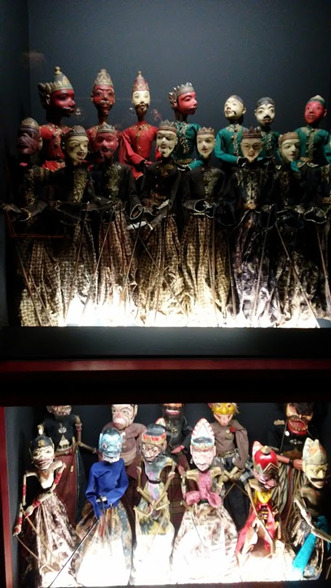
These people who theorize often look pitifully upon the downtrodden masses who do what they do because they are essentially blinded and controlled by some master puppeteer (although this may not be true), while the people who escape control of the master puppeteer are often prouder of what they don’t do: they don’t stoop to certain levels; they wouldn’t be caught dead there; they know everything not to say, etc.
Elbows have always symbolized boredom.

They have always symbolized the act of being pensive, and critically examining something for what it is, not just what it appears to be. Sometimes the critical examination is not so active and we end up in that posture with our elbow on our knee or on a table, and we happen to realize that something is not right. We experience a revelation, especially when we are fed up.

Speaking of being fed up, etiquette tells us to keep our elbows off the table when we are eating, and the elbow is a handy weapon when it comes to self-defense.


We often default to hands on the face while elbows are on the table when we are completely stressed about something.

And everyone knows that nothing gets done without a little elbow grease. Sometimes hard work is the only way to get things done. There is no away around it.

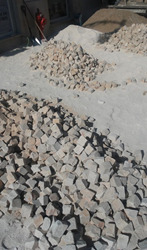


The three pictures above are of some work being done along the route I take to and from my language classes. This work is taking a little bit of elbow grease. You will find the Travessa Do Cotovelo here right along the same side of the street. It’s a little alley that winds back a modest distance in Cais do Sodré, a neighborhood right by the ocean in Lisbon.
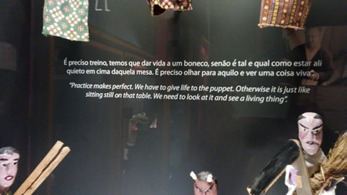
Keep going past the language school and about a mile and a half down the street and up some steps is the Museu do Marioneta, or the Marionette Museum. I wrote a little about what I think marionettes mean in terms of fear tactics and civil disobedience a few posts ago in my post about The Adventures of Pinocchio and the struggle for credibility I find myself in while trying to be an African-American educator, so I was very interested in visiting this museum that is only a 15-minute walk from my Portuguese classes.
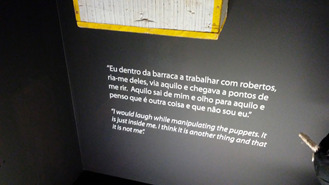
This museum is about the modest history of marionettes and puppeteering around the world. There are examples of puppets from Africa, Asia, and Europe in a nice and quiet space. All the exhibits are explained in Portuguese and English.


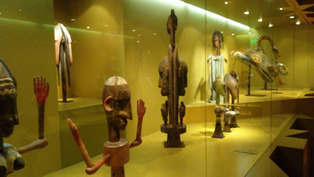
In terms of being an African-American educator, if it isn’t someone from your own race or family acting like you ain’t shit and holding you back, then it is someone from another race insinuating that neither you, nor what and wherever you came from, are good enough and that you should seriously consider another career path. A few years back, I decided never to listen to either of those people and their voices ever again. I haven’t since then, and I never will ever again. Best decision I ever made in my life, and those people know who they are and I know some of them read what I write when I post it here. They are the idiots who think they control you. The hell with them. This post is just to let them know I am watching.
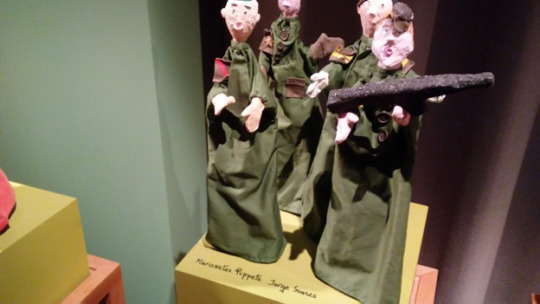
One theme of the marionette is to give voice. Whatever you are giving a voice to, whether it is advocacy, dissent, testimony, entrepreneurship, or charity, needs a platform. You give a voice to what you want to see alive and thriving – you breathe life into it. Another theme of the marionette is manipulation. Every day in the world someone is attacking human psychology and subjecting people to unfair living and working conditions. Someone somewhere is getting bullied, conned, and seduced. Someone is getting rejected, pimped, or laughed at.

Mind control is the way of the world. It is slightly more a perverted thing than charisma. In a commercial thing, if I get a pro athlete to endorse it, chances are you will go and buy it. If I dangle it that way in front of your eyes and sense of contemporary, odds are that you will want to identify. I am from Charlottesville, Virginia – a place that has made headlines recently where the rationale and legal presence of protest has come under fire recently. Such a municipal thing has made global headlines in the last several weeks. Does that make me more believable? Does that make my opinion more valid? Until next time...

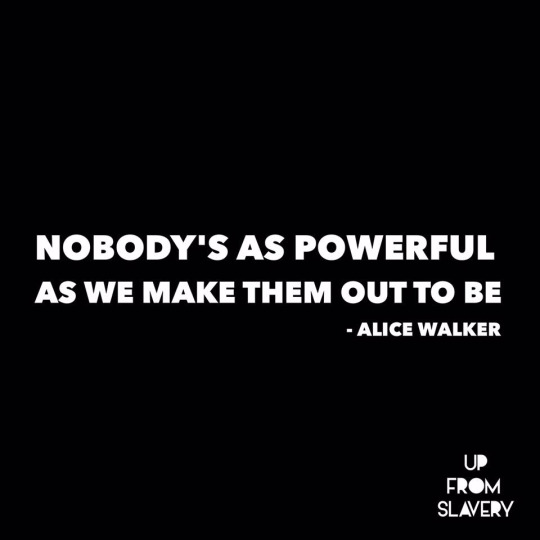
0 notes
Text
ANOMIE
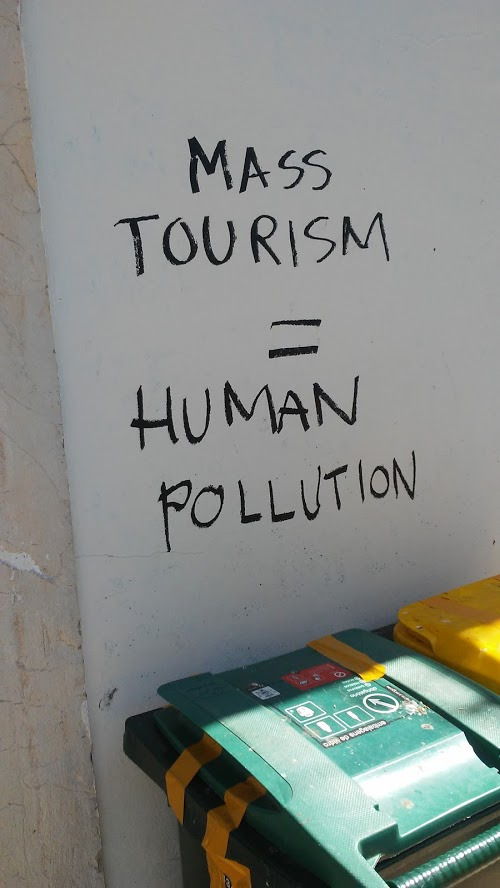
I came to Portugal so I could learn Portuguese and be able to communicate better with the Brazilian students I teach with my online job. I wanted to learn Portuguese, too. Lisbon has a large Brazilian presence and there is also a heightened sensitivity a person must develop while studying Portuguese as to not offend either of these two groups. Certain vocabulary words connote certain taboos for each version of Portuguese, and it has been advised that some words should not be said when both adaptations of Portuguese are in the same ear shot.
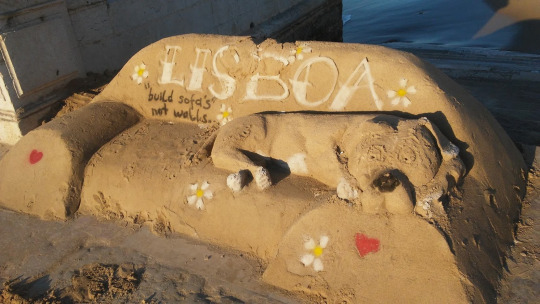
People warned me about the differences in the two languages. There are lots of differences between the Portuguese spoken in Portugal and the Portuguese spoken in Brazil. There are differences in grammar and some words in Portugal’s Portuguese offend Brazilians, and vice versa. The biggest differences I have encountered so far are the present continuous tense and the pronunciation of the letter “e” at the end of words is different. In the Portugal Portuguese, the e is a closed syllable, while the e is long in Brazil Portuguese. There is evidently a morphology that happened somewhere during the colonization process that makes the two strikingly different.

It is one big game of disdain. Rich vs. poor; stereotypes of educated vs. not-so-educated; Portugal vs. Brazil; the possibilities of miscommunication are endless. There’s also that uppity lean and advantage that Portugal seems to have. The Tower of Babel comes to mind. Or Emile Durkheim’s anomie theory. Or the things fall apart motif I talked about in a previous post. The Brazilian presence here says no however, to any total erasing of their heritage. They say no back and they get offended, too. Brazil is pretty popular here.

There is Brazil Portuguese threatening to roguishly vanish while the etiquette of Portugal Portuguese politely threatens your sense of personal sovereignty by reminding you that it has feelings, too. I feel a balance of power here, and it isn’t shifting. Etiquette and offense have it deadlocked. You are pretty compelled to learn one as you learn the other.

I take my lessons pretty seriously because they are expensive and intensive courses are different from the comfortable pace of an academic semester. It is interesting to see the differences in how I digest the material. If I have happened to offend anyone by my misuse of either the Brazil Portuguese or Portugal Portuguese, I have not meant to. I honestly don’t care at this point, because I don’t think I should be held accountable just yet.

This is my sixth language that I have studied formally. By the end of the year, that number will have climbed to seven. I tell myself that if I have a decent level of proficiency in a certain language, I can be a better English teacher to people who speak that language, and it makes me marketable to the people that speak that language. Not only marketable, but they can relate to me, as well. Ideally, they will see that I took the time to study their language in the hopes that it will make communication between us easier.


Language learning is such big business. Private tutors can charge a pretty penny for their expertise and the Common European Framework is the standard for learning languages and language assessment. Private language schools use the Common European Framework to assess students and to generate the course syllabi. Have you looked around lately and noticed that the whole European framework may be falling apart? Have you been watching the news? Have you been listening to the radio? It makes the disdain at play between Brazil and Portugal Portuguese all the more interesting.


The private language schools play well into the psychology of failure because there really isn’t any pressure with them, you just have to pay. Failure at that university you went to can lead to feeling a lack of purpose, contributing to that feeling of anomie. There is none of that at private language schools, only a sharp-tongued critique here and there. They welcome you and your wish to atone for that failure back in the day, or that complement to your school year studies you are looking for during the summer, or that short course you have been meaning to take during your holiday.

There is that balance involved and the lack of pressure and grading leaves you balanced at the end. The intensity and pace of the material covered is good, too. It hits your brain with different information and being surrounded in a different culture is an extra lesson in itself – some people say that therein lies the real value. I agree, but the disdain that incubates can outweigh your good intentions along with any harmony you smelled simmering.

So if a person couldn’t, for example, handle the material and pace of a foreign language course at a university, then coming to a private language school is an alternative. It is very expensive, but it’s worth it because of the intensiveness of the class and the school may let you pay week to week. The political thing follows you to the school – it’s not waiting there for you like it is at public universities. That’s all for now.

0 notes
Text
FADO IN LISBON

Here in Lisbon exists a musical genre called fado. In the Alfama district of the city, you can find lots of fado on the weekend. I have some pictures of a most recent escapade in search of some good soul-stirring fado music. Fado is very important to Portugal’s musical heritage and it attracts tourists from all over the world. I had a conversation with someone who likened Portugal’s fado to Spain’s flamenco. While the fado is being played, the doors of the venue are closed. Fado is on the UNESCO Intangible Cultural Heritage List and might just be that one thing that is the biggest deal you have never heard about.
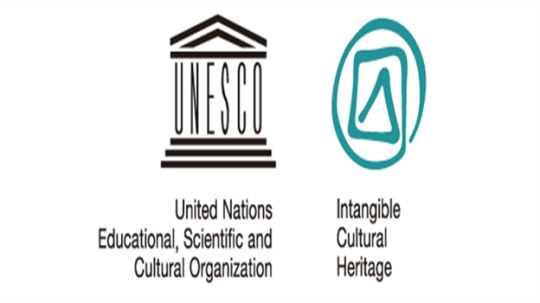
Though its origin cannot be absolutely identified and verified, people say that fado started here in Lisbon in the 1820s. Fado is very melancholic music that sounds like it is mourning the cruelties of fate. Because fate can be so cruel – fate can be oh so cruel. There is a Portuguese word, saudade, that means “longing”, that captures the mood of fado. It sounds like it is expressing a longing for something or someone. The word isn’t pronounced fa – doh, like the doh part in Fido the dog, but rather fa – doo.


So last night me and some friends from the Lusa Language School here in Lisbon decided to go out and hunt for fado music in the Alfama neighborhood in Lisbon. I had been wanting to hear some good fado music since I got here. I actually thought I heard some during a previous night out, but it turns out that that which I was hearing was not really fado.

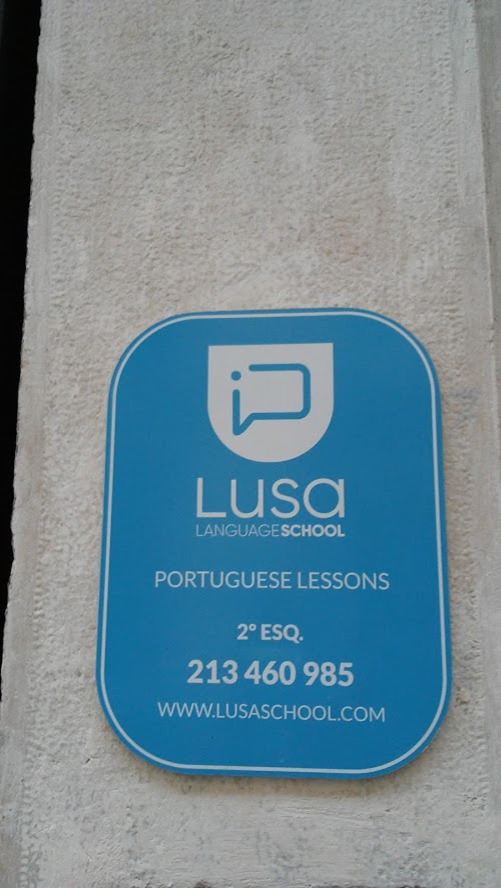
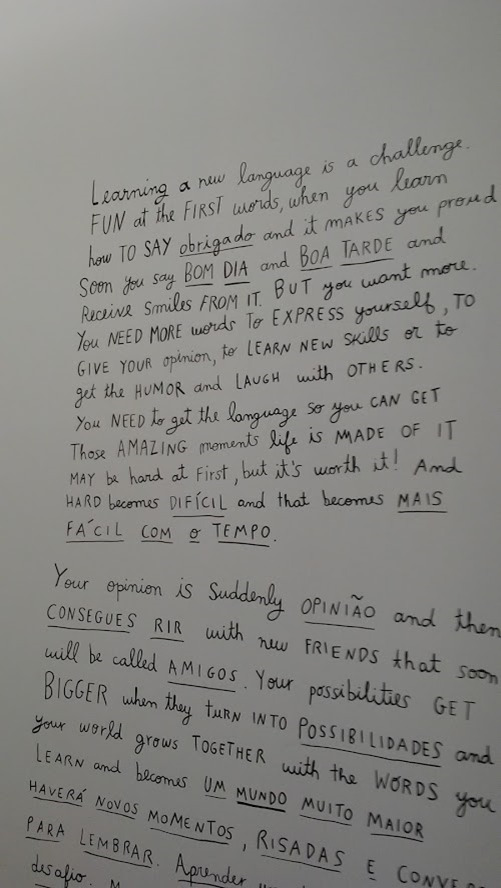
I could definitely sense some sort of mystery and heritage with fado while we were walking around Alfama. There was a definite intangibility about the whole outing, although there were so many hearty venues dedicated to fado. The objective is to enjoy fado while eating or having drinks with friends. I got the feeling that the fado we listened to was sort of an introduction to the whole art of fado. My Portuguese is not as strong as I want it to be right now, but I could definitely hear some lyrics about fado being defined as an art form and a fair amount of lamenting that it is something that not everyone automatically gets. So when I heard it, my wheels began turning. Some biblical prophets were reluctant to tell what God was telling them to tell and that was the sense I was getting from this particular fado experience. There is a charming reluctance about it that is inviting if you allow your ear to grab hold of it.
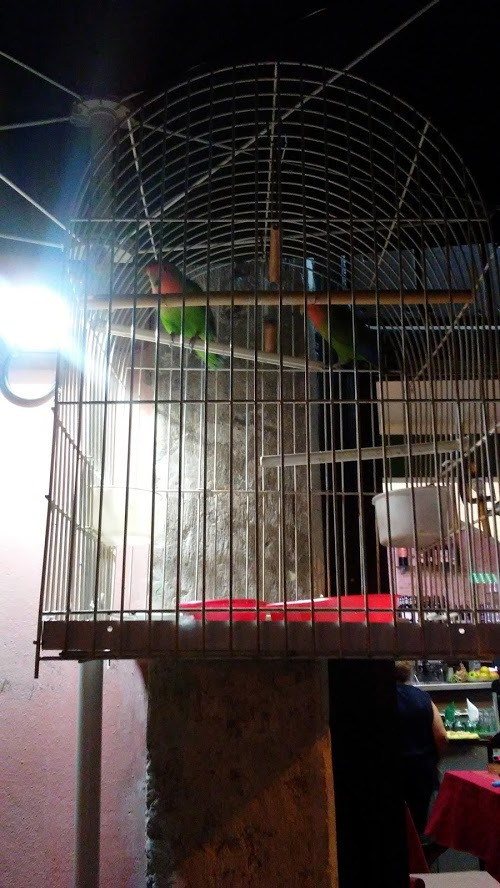
Look at this picture of these birds in a cage. I saw it while we were walking along searching for a nice spot to frequent. Some would think these birds are comfortable in the cage, but some would think these birds need to be let out of the cage. These birds would more than likely venture off into the world, getting into one adventure after another. But they can’t because they are in the cage. I think the fado gods look at this and agree that it takes some time for the fado novice to understand the throes of it all. I started thinking that since this first fado experience I had was something like an introduction to it all, because that is what a first experience normally is – an introduction, that a clever game could be played being that so many different venues have fado as the feature. The potential themes and correlations that all of the venues could have together as one progressive entity are endless.

It makes me think of those choose-your-own-adventure books and learning to appreciate fado with every correct, informed, and unbiased decision you make about your last fado experience, whether it be from last weekend or just a few minutes before, after deciding to switch venues because the sets are generally an hour long. The more careful and mindful your decision-making is, and the more you are akin to the truth, then the more reward you see from the experience.
There were people from all nationalities there last night at the restaurant that we went to. But, I distinctly remember hearing only French, Spanish, Italian, and Portuguese being spoken.

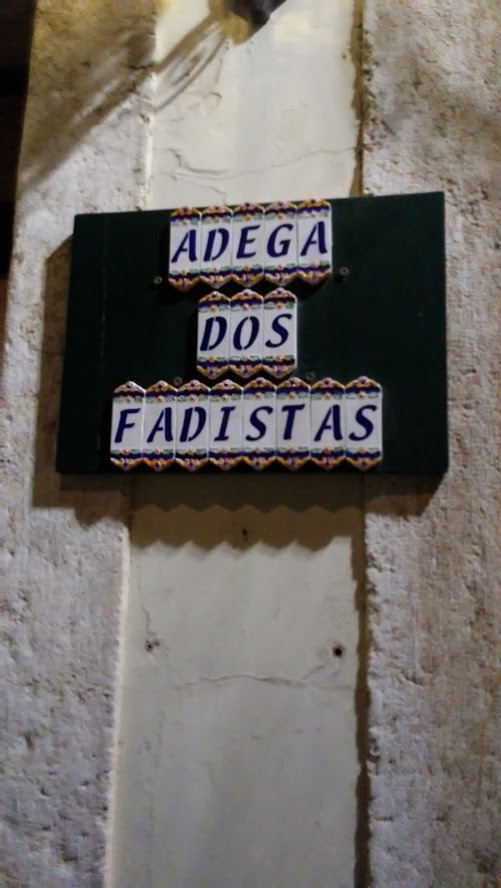
This was a romanticized evening filled with Romance languages. I had been building it up in my mind as a perfect jazzy night filled with sultry flutes and saxophones like in bossa nova music. This experience was going to restore and recharge my soul for its own sake. But it was not like anything I imagined.

Fado is a very romanticized music and the romance of it all seems fugitive beneath the slave trading history of Portugal. It makes me think. It makes me want to learn more Portuguese and maybe make more of a game of it all; game, meaning extensively and critically think it over because all of those doors mean perpetuity to me. It could be the central theme of a good piece of historical fiction. Think about the Benigni movie La Vita E Bella and the whole game motif there and how the point of the game was to hide the particularly ridiculous brutalities of WWII. That kind of game.
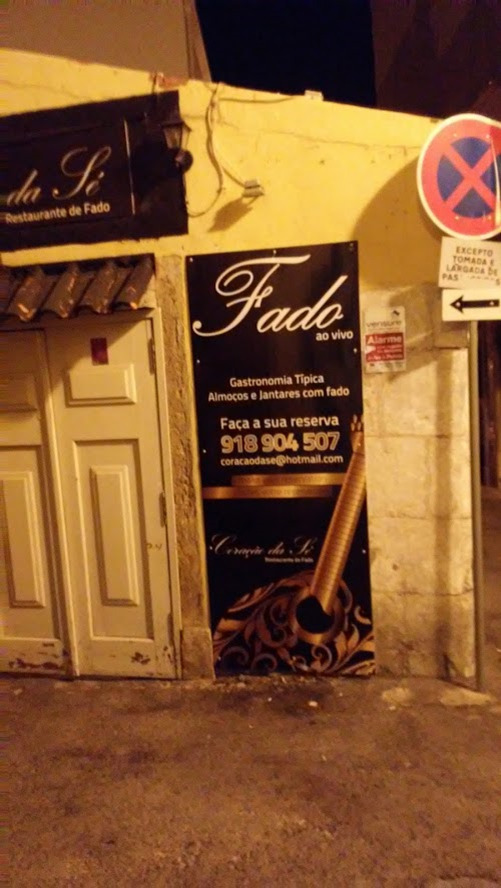
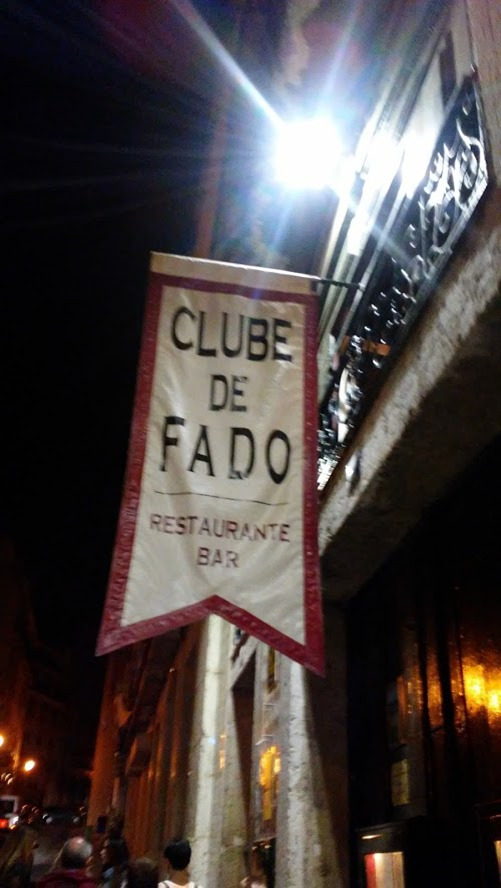
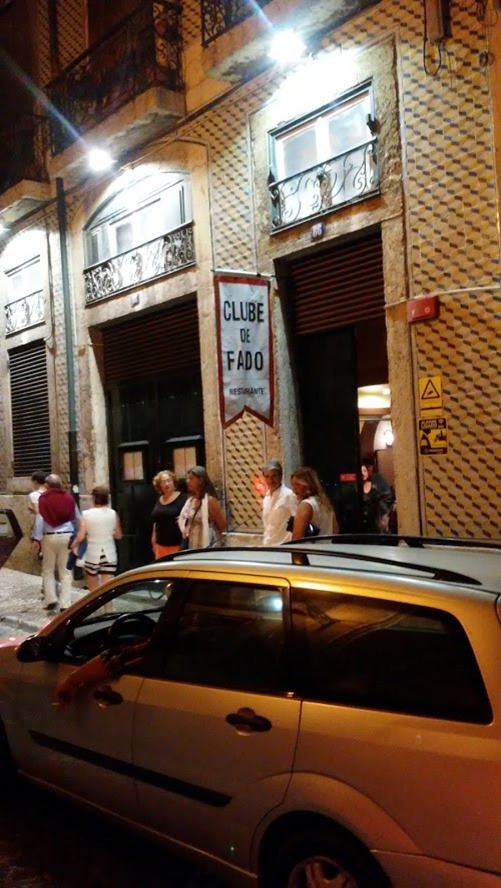
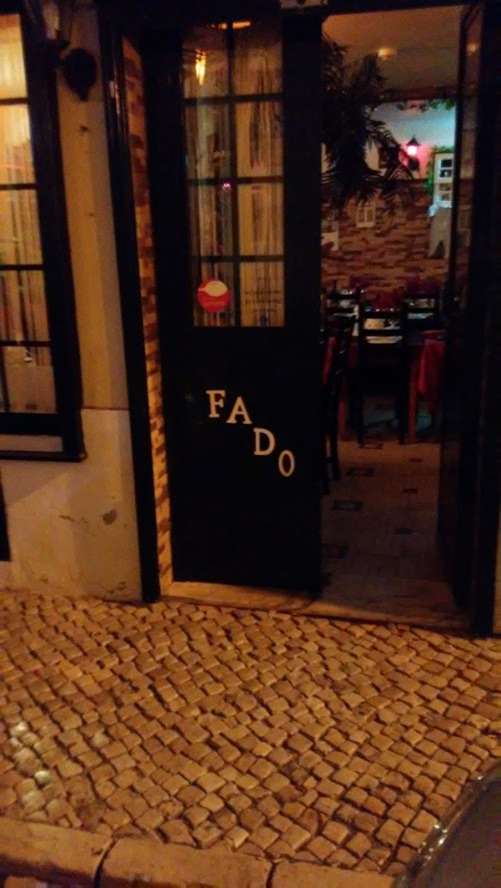
The fado scene can be an oblivion to some people who don’t speak these languages – as in, on paper and without a translator. It is a curious thing to me to have your history primarily communicated orally, like with fado. I put my faith in fado in the hopes that it is a story that is just beginning. The music is very lyrical and rhythmic, and you definitely feel a mood that is longing for and missing someone who has long gone down the slope of history and people lost along the way, through one of those many doors to the great beyond, like C.S. Lewis’ use of the wardrobe and doors in The Chronicles of Narnia.
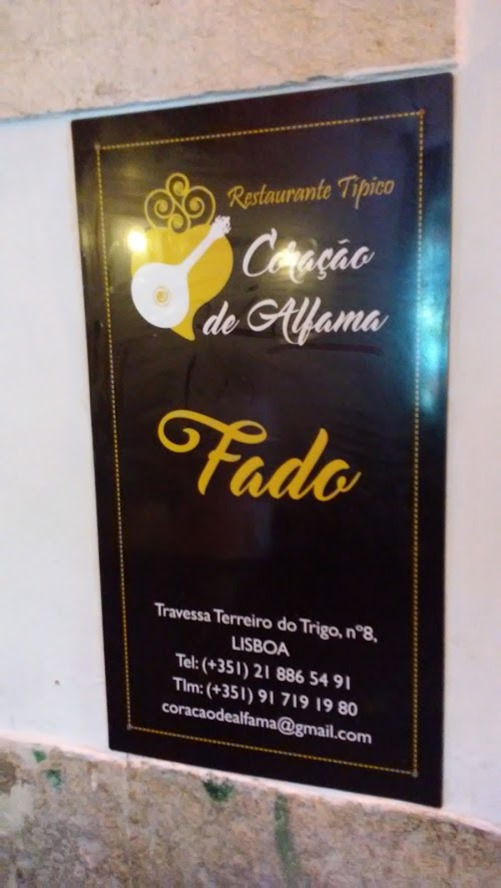

Fado comes from the Latin word fatum, which means fate. All the doors that advertised their corresponding restaurants as fado venues maybe had a different fate attached to each of them. I heard different Romance languages all night – Romance meaning originating from the Roman Empire and Vulgar (Common) Latin. For tourists’ sake, the four most popular of the Romance languages were being spoken last night. I speak all of them and I feel very lucky. For that fellow or that lady that is maybe one of the birds in that cage who wants to unlock his or her own fate, listen to and contemplate some fado. It makes me think that maybe I should have started my foreign language studies with Portuguese, but then I would not have met all of those nice language teachers I did along the way.
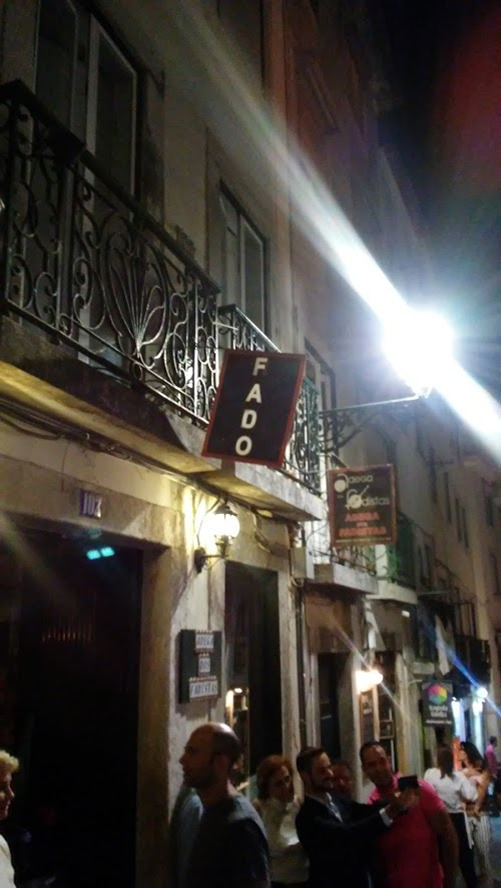
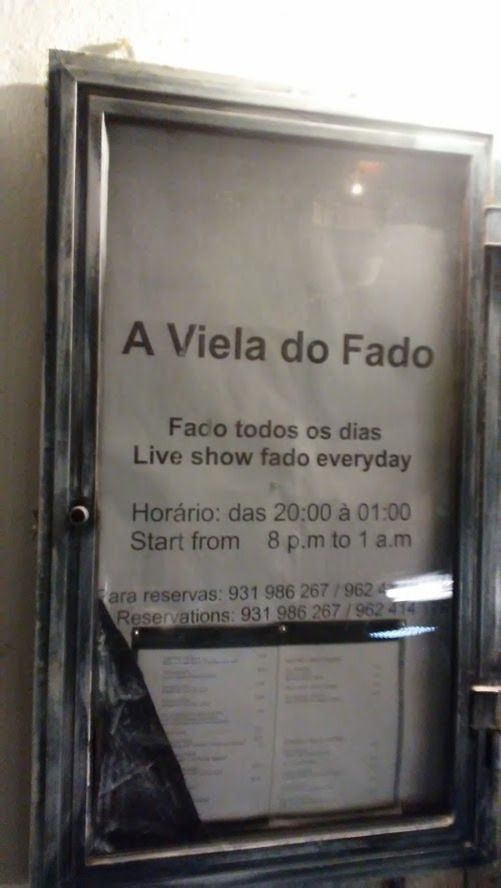



0 notes
Text
LA PLAZA DE TOROS IN SEVILLE, SPAIN
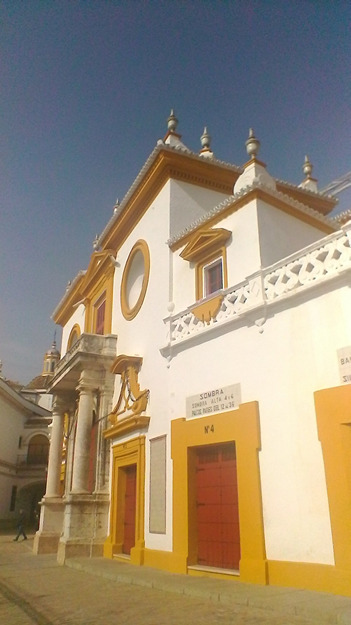
Traveling includes a lot of taking the bull by the horns, as they say. I went to Spain for the first time in February of this year, and among the three cities I visited was Seville. I went and took a tour of La Plaza de Toros, which is a famous bullfighting arena in Seville.


I had been growing my beard for several months, but instead of discussing the ethical implications of it, I am just going to try and plant a seed in your heads about the ethical treatment of bulls, the reluctant and underachieving bulls who are at the mercy of the taunting matador and crowd. The picture looks like I have flung my muleta across my shoulder in all my madman matador mantra. Completely unintentional, but one of those things.

I remember when bullfighting was among the premier ethical questions back in the 90′s. Don’t ask me why I remember that, but I do. It took a backseat to things like abortion and nuclear warheads, but it was there floating around the ethicsphere way back when. I had never thought much of the alleged mistreatment of bulls, I just knew that there was a moral question being posed about bullfighting that, more often than not, cast a shadow of doubt on the whole practice, or art, or however you perceive the activity of bullfighting. Back then, the intellectual exposition began with telling you that bulls are color blind, then a few years later into your public school education, the conversation became ethical if you were in some advanced social science class, or hung around the group that talked about things like that. I remember first learning that bulls were color blind, which, to me, maligned the beckoning of the bright red muleta. Later down the line, the inhumanity of castration became the inquiry.
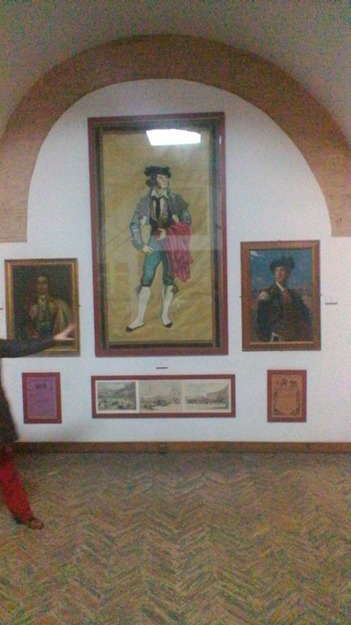
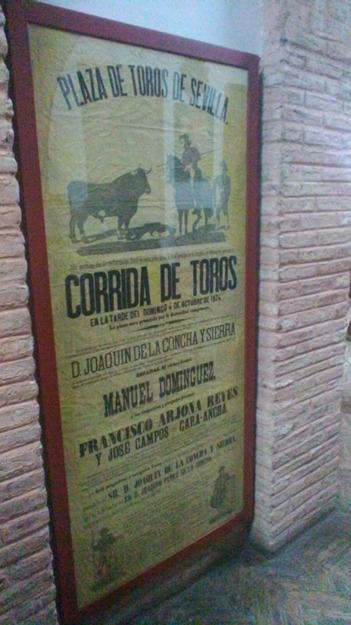



I saw bullfighting as a celebration of the matador. The matadors were small in my opinion. The only other kind of similar smaller protagonists I saw in that part of the sporting world, that included animals and their taming, were horse jockeys. I always closely connected the two because of the similar connection with the animals they make and the contrasting elements of showmanship they display to viewers. I was small, too, but I saw no inspiration in, or similarities between bullfighters and me. I saw a taunting with the bulls and a goading with horses as the jockeys rhythmically, yet humanely, spanked them to the finish line. I had never heard of dressage then.
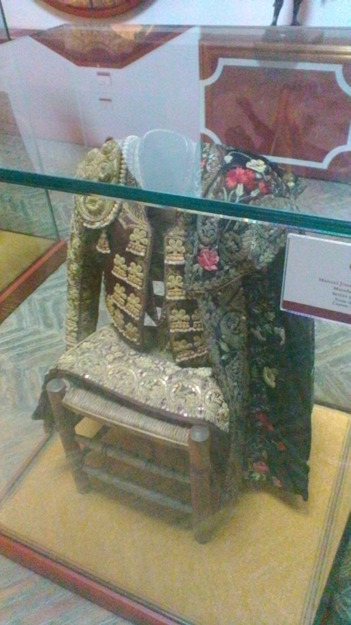

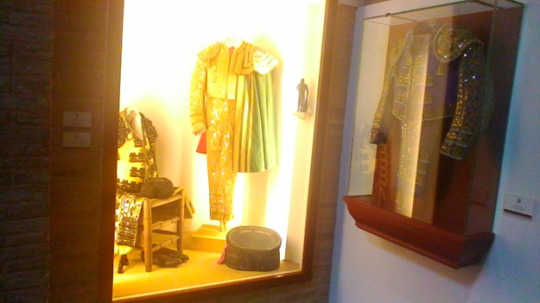

Humans like me from the United States expect to see the bull do what the goat does. We have learned to associate, deep in our psyche, the charge of the goat towards something that it does not want in its way with that displayed and notorious “aggression” of the bull. When I see a goat charge I do not think of a bull immediately; but, after some thought you realize that it is a very natural comparison, only the bull is much bigger, while the risk of a small goat charging you (especially if you are an exceptionally agile person) is almost comical when you think about it for a minute. Thank God for computers because goats like to eat paper. On paper it looks like the bull and the goat slyly have the same inertia and the same aim in mind.


La Plaza de Toros is a big arena that can seat approximately 12,000 people. The full name is La Plaza de Toros de la Real Maestranza de Caballería de Sevilla. My Spanish speaking ability is at a standstill for the moment and has been since I concluded this trip in February. Imagine the oft standstills between the matador and the bull and here is my linguistic development in Spanish for the past too long of a time, but I won’t bore you with that. I am working to correct this, however.

So why subject the bull to the embarrassment and ridicule of embarrassing and ridiculing it in front of 12,000 people? Part of understanding the spiritual definition of bullfighting is understanding the moral question it poses about cruelty to animals and the battle for man to overcome the aggressive and animalistic sides of his spirit. Bullfighting is about 1,000 years old and relatively few Spaniards are still fans of bullfighting, only about ten percent. Here is an excerpt on the moral reasoning against bullfighting as given in an article from www.expatfocus.com called Sangre del Torro: The Ethics of Spanish Bullfighting:
The arguments against it are hard to refute: Aside from the cerebral wrangles over an animal's consent to participate, there are more immediate and practical issues of cruelty. Bulls are not released into the ring in their best shape: they may spend an entire day weighted with sandbags to sap their energy, be fed laxatives to weaken and dehydrate them, be partially blinded with petroleum jelly or have their neck muscles cut to prevent full motion of their (shaved) horns. Like the bulls of Pamplona, many bulls are raised in dark confined spaces, released into the light only at the moment of entering the arena, to ensure that they are as disoriented and vulnerable as possible.

So the immediate superficial argument becomes, well people eat beef all the time, what does it matter about a few bulls dying yearly for the sake of sport and entertainment, especially when funding for it seems to pour in from enthusiasts and tourists from around the globe, like me, who pay 10 euros for a guided tour of one of many arenas in Spain? It’s one of those things that really is that deep, and would make you interject if you overhear some folks talking about it over dinner, or at a bar or something. Bullfighting makes for excellent conversation.

The bigger metaphorical picture then is that you keep these bulls in the dark for so long, and then let them out into an arena where there is suddenly that ambiance of 12,000 people mixed with abuse that goes on behind the scenes that only a fraction of them know the true details about. Do you think those bulls know about aura? Do you think those bulls sense it coming? Maybe they can sense it coming once they piece together that they are being mistreated in a systematic way. Then there is the frequency of them being transported that is a variable, but then again, they are animals. There is the question, and what does it become to you? Do you see any hint of centuries of social inequality in that? Any divide and conquer in that scenario from this corner of the world that is Iberia?
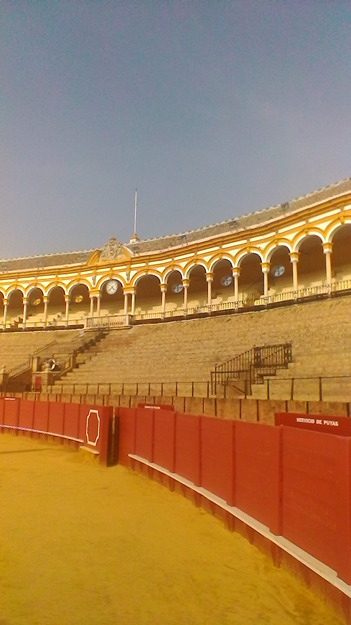

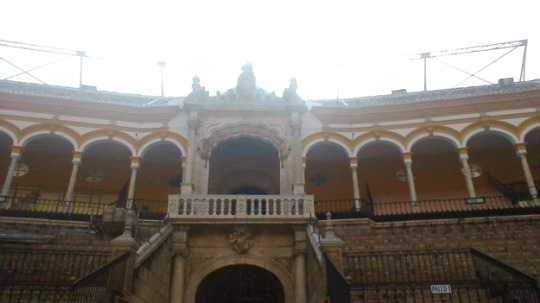

Of course most bullfighters are European so their dominance of the animal must be spectacularly preserved, promoted, and presented, while the animal they tame and feign until its death so profoundly and accurately indicates the slave trade. Pardon the pun, but not enough people have the balls to bring that part up, eh?
0 notes
Text
CERAMIC TILE AND BRICK IN LISBON, PORTUGAL
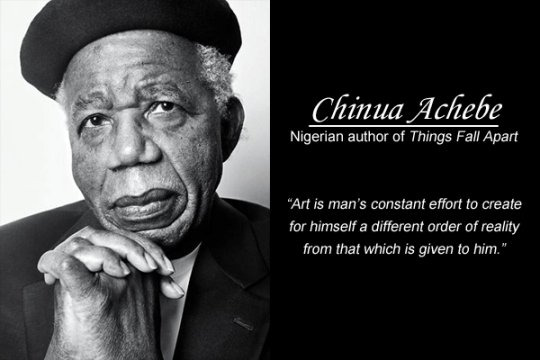
Traveling has given me a lot of time to think about my life. Taking a break from my old lifestyle and environment has given me a chance to look at a lot of things objectively; it’s like the saying, “You can’t see the forest for the trees”. Living my daily life in my hometown was very monotonous, but it was something that I could have made work; it just took me a while to see the forest for the trees. For the past ten years I have been a recovering alcoholic and drug user.

Around the same time I decided to hop on a plane to Italy I had been just feeling confident enough to lead a consistent life with work before my wanderlust began to take over my spirit. I had been about eight years free of narcotics. I had been studying Italian off and on. I preferred to be in Europe traveling around and being an English teacher to working in restaurants, constructions sights, and doing survey research in my hometown, so I figured things would materialize more so in Europe than in the United States.
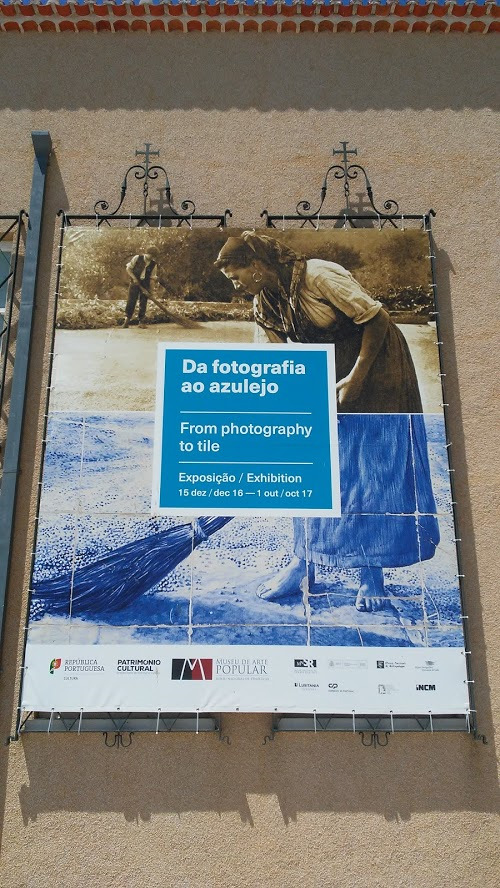
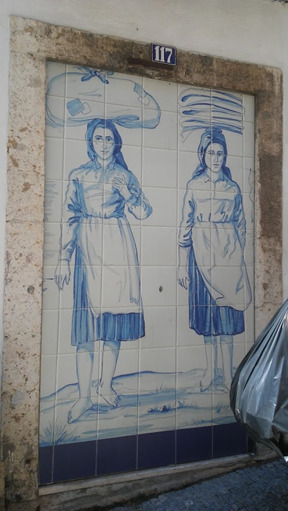
I expected certain things to happen while living my life in my hometown, as in I was not surprised by things that happened; yet, I was not looking forward to much. The things I expected were local, as my pretty narrow scope of addiction had controlled me for so many years into such short-sightedness. Mine was a(n) hypnotic daily itinerary. I was the guy at the magic show who never remembered he was called from the audience to be hypnotized. Once the magician told me to wake up or snap out of it, I just got up and carried on as if nothing happened. Realizing something different had the equivalence of a mosquito bite. Sometimes you look and see it is there and other times you actually feel the nip of nurse mosquito draw some of your blood without your consent.

However way I look at it, it is far less exhilarating a thing as traveling, and looking forward to things has its own set of risks: plans falling through, dying, family members dying while you “could have been there”, running out of money, jealousy, etc. Unfortunately, my psychology has always told me that the lure of looking forward can sometimes be bait for these kinds of things that can leave you stranded, helpless, powerless, and with no money at the most inopportune of times. I don’t want to think like that! I want to be able to enjoy my life while learning to look forward to things, and not be used to expecting them.

Traveling has also made me see how thin the line was that was separating these two types of happenings: expecting things and looking forward to things. There is a completely different exposition involved with each. Expecting things to happen is based on textbook learning and often involves fear and indecision, but can involve an impetus to be prepared, which is a good thing. I am from America and I have talked before in some of my previous posts about the historical inequalities that exist in America. However you feel about America’s teaching of history and resultant aggregate economic disparity between whites and minorities is how you feel. However you feel about the historical “head start” that whites have in America is how you feel. All of that learning is based on textbooks and living in and around that does mean that you learn to expect certain things.

Looking forward to things happening involves more of throwing caution to the wind and agreeing with yourself to be open to new changes, at least for the first few times you do it. What more bitter irony is there than to finally decide to split infinitives, ignore stereotypes, statistics, and precedents, decide to up and travel the world, and then die while traveling? That is the irony that I think about every day, especially traveling in Europe. Regardless of where I would have decided to travel, I would have had to throw caution to the wind to some degree and learn to look forward to a new sphere of unexpected things if I was ever to expand past that America I knew. So, looking forward to things has been a learning process for me. I am not looking at others tell me about things anymore, I am actually up close, in and around, and running alongside things while they are happening. My take on life is not dominated by what I have learned to expect, but it still boils down to that at some junctures. It takes a fair amount of letting go of things in order to learn to look forward to things.

I wanted to talk about the city of Lisbon, the city I am currently in, and the ceramic tile culture that is here and very prevalent. There are ceramic tiles everywhere here along the sides of buildings, in the metro stations, in store fronts, and the sidewalks in Lisbon have the same motif, only in the form of bricks very intricately and meticulously assembled to form the walkways of the city. Parts of the city look like jigsaw puzzles. Even though the ceramic tile and brick motifs here are pretty amazing, it is also a reminder of how agonizing and piece-by-piece it can be trying to re-construct your life and sort things out on the personal side of things. All over Lisbon and in the surrounding areas of Sintra and Belém, there is so much ceramic tile artwork that is very beautiful to look at. But it also reminds me that things can, have, and will fall apart if you are not careful in planning your moves. I wound up in Portugal trying to learn Portuguese. People who speak Portuguese are referred to as lusophones. My family comes from Louisa County in Virginia.
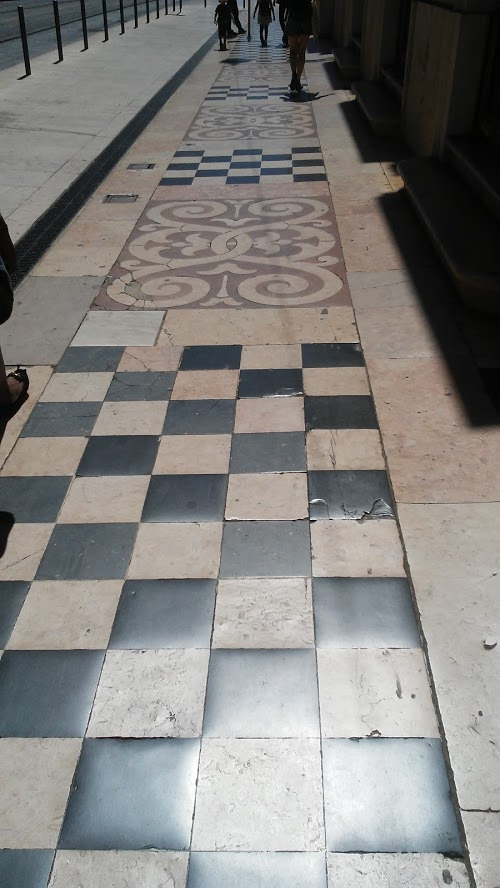
If you haven’t ever read the book Things Fall Apart, by Chinua Achebe, you should read it. Looking at the city of Lisbon and this particular ceramic characteristic of it makes me think of the title and themes of this book. I was introduced to this book when I was 12 or 13 years old. I saw the author speak about his book in an auditorium at the University of Virginia. He was a short man with metal-framed eyeglasses and a stocking cap on his head giving a talk about African customs and his book about vanishing African traditions at the hands of white colonialism.

His book really emphasizes the sophisticated relationships that were destroyed in this one particular family from Nigeria as white influence began to encroach this tribe’s way of life. The protagonist and main character is Obi Okonkwo who is a champion wrestler in his village filled with anger for his indolent musician father and his anger manifests in different ways and is also a contributor to things falling apart. He was known for being as slippery as a fish in water while wrestling. Lisbon is a port city right along the Atlantic Ocean.

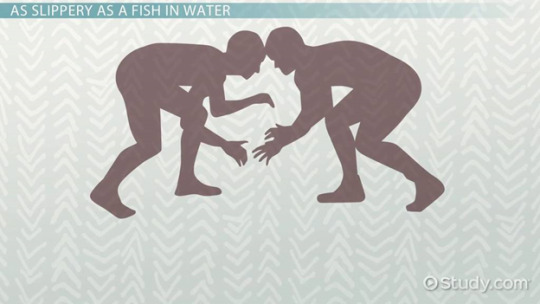
The whole African slave trade pretty much started with Portugal in the 1440s. Portugal colonized Mozambique, Angola, Guinea-Bissau, Equatorial Guinea, Cape Verde, and São Tomé and Principe. Lisbon has so many walkways and thoroughfares that are assembled with tile and so many walls with intricate ceramic designs. It makes me think about the ceramics and tile actually falling apart and crumbling, ruining all of the hard work that went into assembling the patterns that you can see all across the city. Sometimes the images are painted onto the tile and sometimes the tile is assembled according to color to make an image like a jigsaw puzzle. The artists and workers that make the sidewalks are called calceteiros. The jigsaw style is also found in Brazil and China. The pieces are interlocked like wrestlers often are.
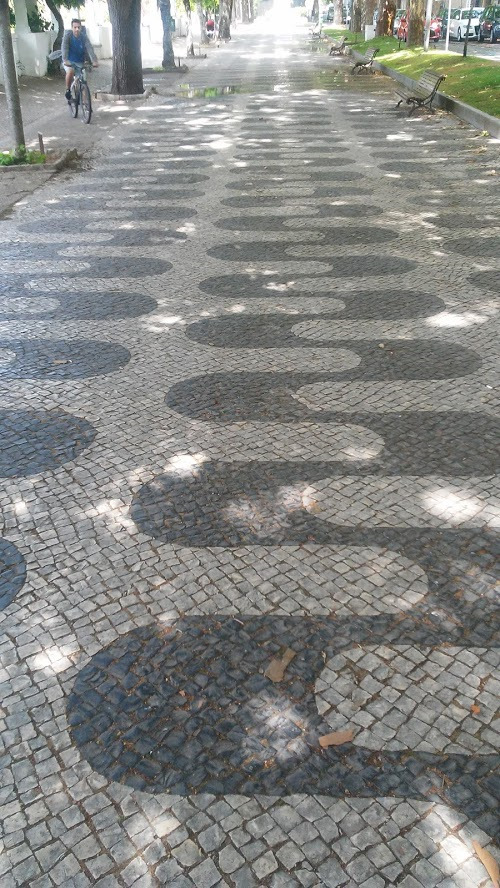

I started thinking how Chinua Achebe looks like Hank Aaron and how so much of African folk has been carried across the oceans to different corners of the world. Hank Aaron broke Babe Ruth’s all-time homerun record and helped carry African-American morale in the 60s and 70s. His bat was symbolic of swinging at the establishment of the segregated United States. The consistent crack of his bat led to the shattering of Babe Ruth’s record.


I am here in Portugal and Portugal colonized key parts of the world and was considered the most powerful nation at one point in world history. Chinua Achebe’s book is based in Nigeria, a country colonized by Britain.

Portugal and Nigeria both have cities named Lagos, which means “lakes”. Lagos, Portugal was the home of the first King of Portugal, Alfonso, after the Moors were defeated and was the main port in the slave trade. The North African Moors once ruled southern Portugal and the Iberian Peninsula and named the city of Lagos, Zawaia (meaning lakes) before being defeated by Alfonso. Lagos is also the name of the largest city in Nigeria. It is also a port city.



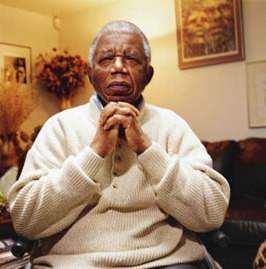
These are two older versions of Hank Aaron and Chinua Achebe, respectively. They look more alike in their elder versions. Chinua Achebe was born four years before Hank Aaron. The bottom pictures are from earlier on in their lives.
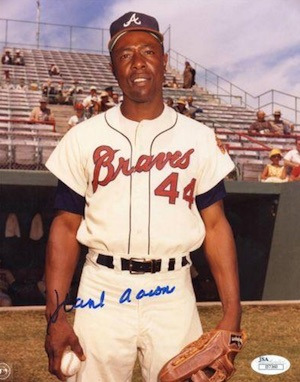
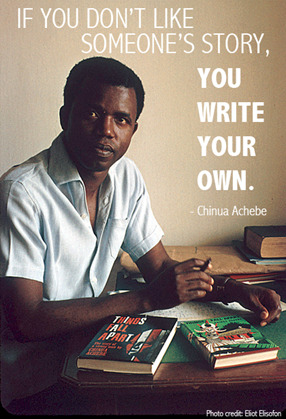
Here were two contemporaries achieving different versions of greatness in two different worlds: the sports world and the literary world. God gave Chinua Achebe the gift of intellectual notoriety, and he gave Hank Aaron a corresponding gift of athletic notoriety. The two pictures below are of Michelangelo’s work on the ceiling of the Sistine Chapel as God has made Adam into his own likeness and image contrasted with the adaptation of it according to the central theme of Obi Okonkwo’s rejection of his father’s lazy personality.


These were two men at different points along the inevitable exposition of things falling apart. It illustrates the alienating effects of the slave trade and how similarities rise to the surface as a lot of people choose to focus on differences as opposed to celebrating diversity. Chinua Achebe’s bold thematic assertions and Hank Aaron’s steady wielding of the baseball bat through white aggression of the 50s through the 70s remind that things can fall apart; and records, patterns of behavior, and walls can be broken. The pen can mobilize people and bring to light certain things and the bat is a metaphor for being ready for the adversity life brings you. Do you think it a natural thing to want to take a bat and smash the current state of things and engineer the falling apart, instead of waiting around for it to happen??


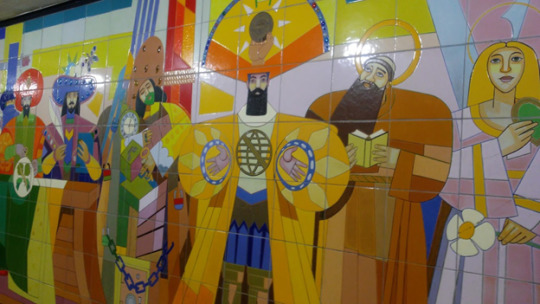

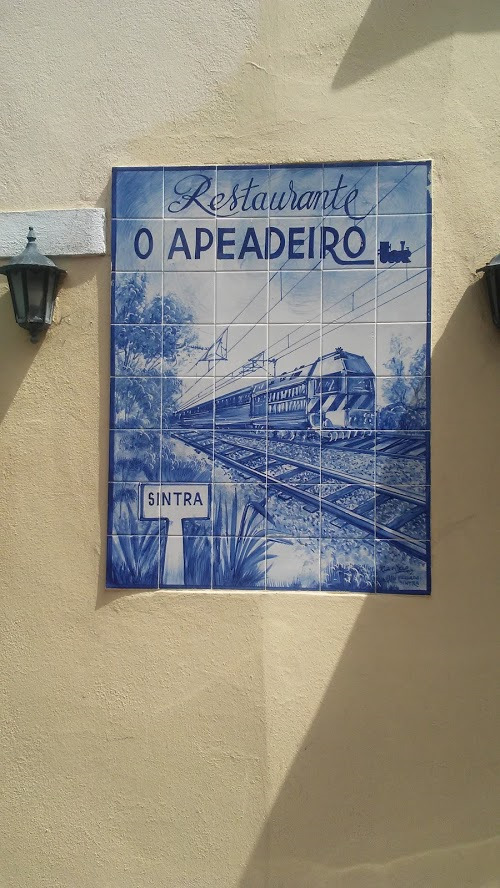
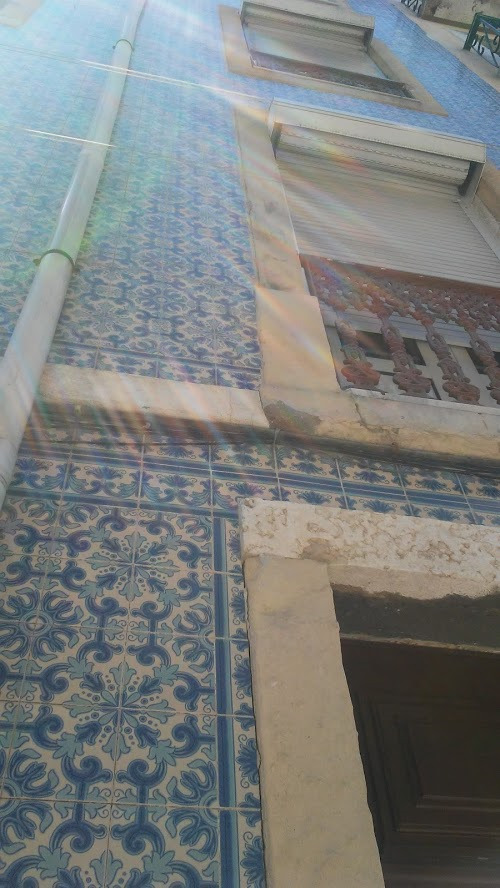

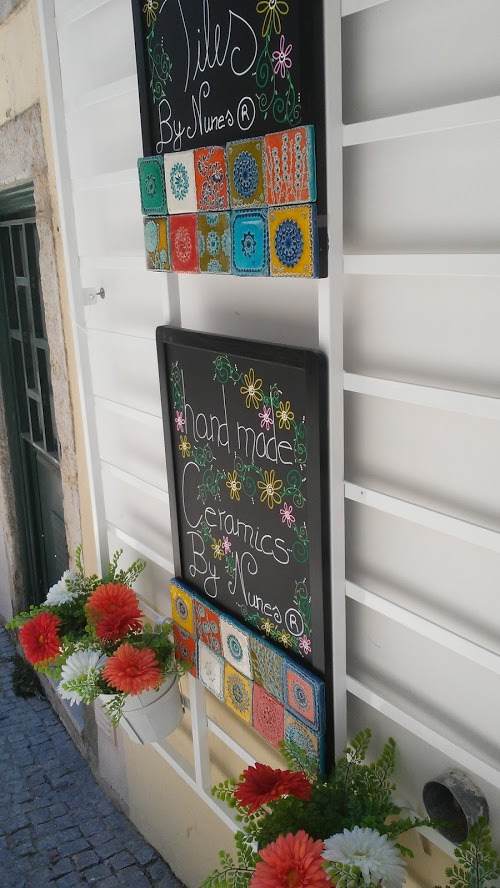
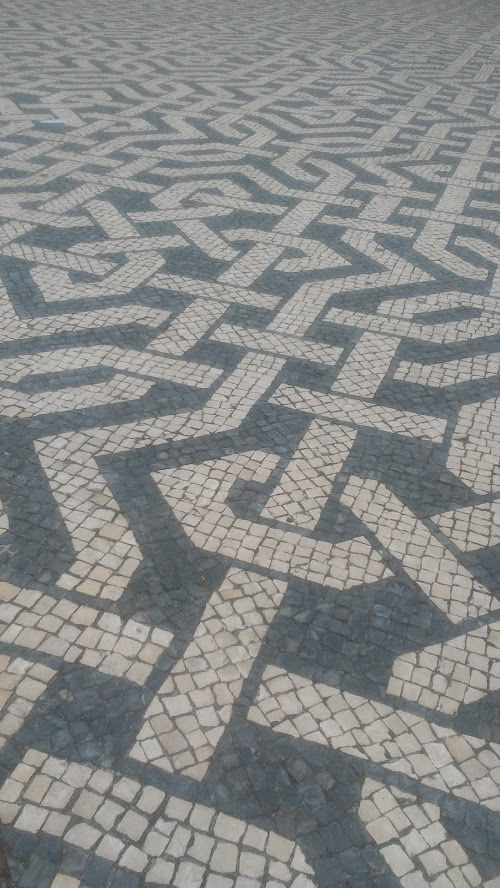
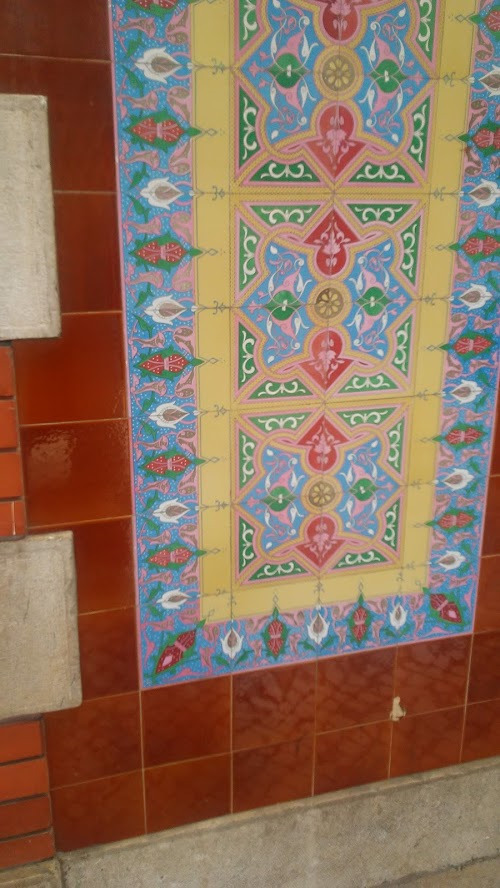





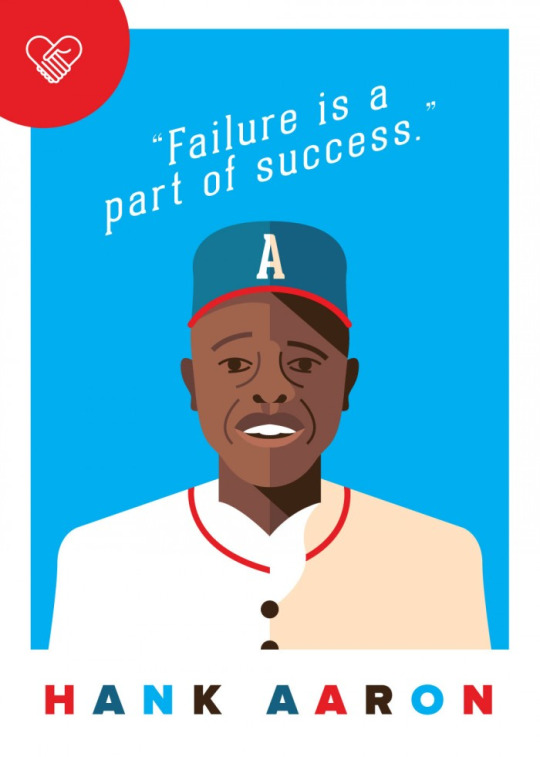
0 notes
Text
ORIGAMI

I often get to meet my favorite people in the world while traveling. Those people are children. I have met some pretty cool kids along the way and my blog for this week is about three particular children that I have met and how origami was a common bond between us. Most children are fascinated by origami and how you can make such detailed plants, animals, polyhedrons, and other objects with square sheets of paper. I have been doing origami since I was about eleven or twelve years old. It has stayed with me like riding a bike. Every chance I get to impress some kids with it, I think is a special opportunity to make a new friend. I don’t know if all the kids I have come across for whom I have done origami even remember me, but I like to think that they do and maybe they have even tried to learn some new origami on their own. I must admit that I have not kept as close to origami over the years as I have wanted to. I probably should know more about the history of it and know more individual pieces to fold, but things have happened that have kept me from developing with it in a way that I would be even more proud of.


Origami is the traditional Japanese art of folding paper into decorative flowers or animals. If you really want to get a detailed and profound look at the art of origami, there is a wonderful documentary called Between the Folds that I recommend you see. It breaks down the aesthetics and mathematics of origami in a documentary movie that you will probably watch a few times. It is an absolutely enjoyable 56 minutes of time well spent.
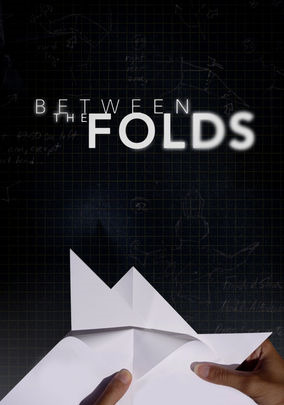
Some of the origami that these master folders do is superb. I promise you that you have never seen anything like it. I remember when I was younger how origami was a way to distinguish myself from the rest of the crowd, and how it kept my mind occupied for hours and hours at a time trying to memorize particular pieces and folds. It introduced me to symmetry, balance, proportion, puzzles, and problem solving in a way that I hadn’t ever seen. I learned that the list of things you could do with a single sheet of paper was endless; the list of things, itself, could not fit on the same sheet you used. It is a very charismatic thing to know how to do origami. It is a good stimulus for conversation and a good way to teach people something new. My first origami teacher was a man named Mr. Tanaka.

If you are getting old like me and you know it, then you also realize that it is a good way to present yourself as a cool adult in the face of youthful exuberance. In my travels in Italy and Croatia, I have met three different kids who thought I was pretty cool because I knew how to do some origami. I am nowhere near the mastery displayed in the documentary Between the Folds, but I am pretty competent in it and some of the animals and flowers I know how to make it are pretty technical. If what I know does anything, it points them in a right direction as far as learning something new and being encouraged enough to stick with it in their own little worlds at the time…maybe.
So I will introduce you to Ottaviano, Gabriela, and Marcy, the three kids I have been building up to. I met Ottaviano in Rimini, Italy while doing yard work for a family that I met through www.workaway.info. I met Gabriela and Marcy while I was doing work for another couple who lived just outside of Zagreb, Croatia through the same website. Here are some pictures of my origami classes with them:
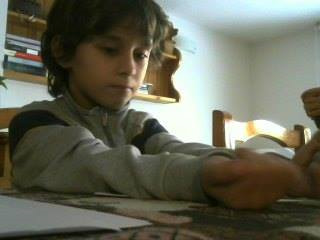




As you can see, we were making penguins. Ottaviano was the most enthusiastic out of the three. He was quite interested in learning how to make things that weren’t too difficult. He calls his step grandmother by her first name, Rosa. He was always asking me to make him something different, and fortunately I knew just enough different things to keep my visit packed with new and original flowers, animals, and polyhedrons every few days that he would come and visit. I lived in the basement apartment of the family home and Ottaviano would come down every so often to do some origami or hang out for an hour or two.



This is Gabriela. This is the daughter of another Workaway host. We had an exchange kind of deal going on where she would teach me some beginning Croatian vocabulary and I would make her origami. In the picture below, you can see my little green notebook full of Croatian vocabulary words. We made a Tyrannosaurus Rex and an iris together. These were the first things I learned to make. I have known these folds for about 25 years and still have never forgotten them.


Last, but not least, is Marcy. Marcy was visiting my Workaway host and his girlfriend just for a short period of time. She was only there for a couple of days and I am not actually sure if I was still doing the same Workaway assignment with them, I may have just come over for a visit or something; I can’t remember. Marcy is bilingual, unlike Gabriela.


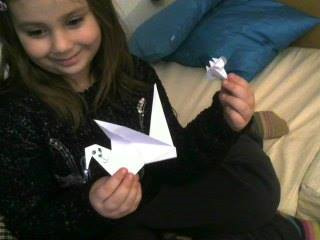
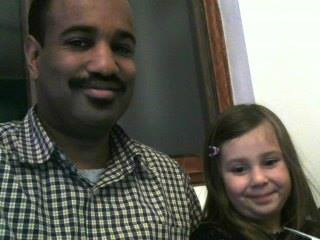
Marcy and I made the flapping crane and the iris.
I have only seen Gabriela since I have taken these pictures. Ottaviano has a new baby sister and I can always get the latest on Marcy from my old Workaway host who lives just outside of Zagreb. I’ll be going to Zagreb in October to take a Croatian class at the university there.
0 notes
Text
VENICE
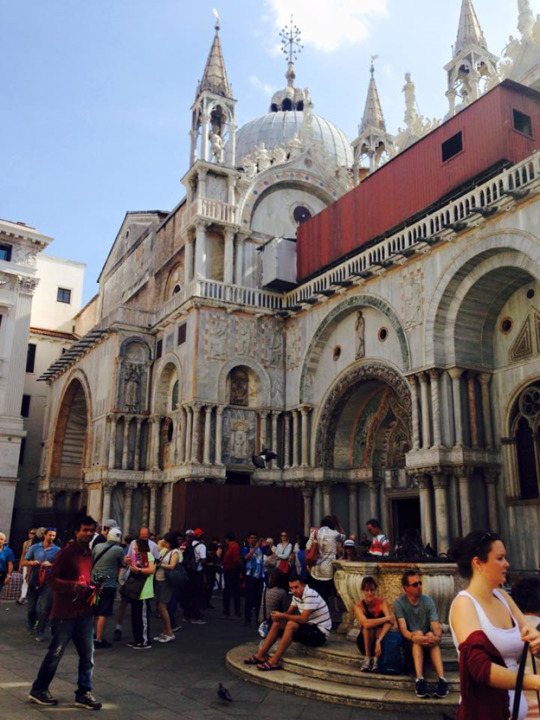

Venice is my favorite place in the world; yes, even despite all the tourists. I don’t think I had a favorite place in the world before it other than Paris, maybe; maybe an old treehouse or secret hiding spot when I was growing up. I like the mood of Venice a little more than Paris. Despite the number of tourists there, the mood of it all seems very settled. Nothing is going anywhere because it is Venice. This is Piazza San Marco, or St. Mark’s Square, which is probably the main attraction, and the square is always filled with people from all corners of the world. They always congregate in front of this particular building that is St. Mark’s Basilica. Wikipedia calls it the principle public square of the city. Take away all the tourists, then it would be all mine and I wouldn’t know what to do with so much space like an Egyptian pharaoh. I take a special interest in any city with such beautiful architecture and canals with water blue like the eyes on these guys in some places:


Other places it is pretty murky and inky like the breast of this owl, probably from the tourists, the speedboats, and the vaporettos. Still other places it is kind of an in-between that crystal sky blue and murky, yet you give it the benefit of the doubt; but not enough to drink from it, of course.


Below is a picture of me during my first visit to Venice. I am standing on Rialto Bridge, also known as The Bridge of Sighs.
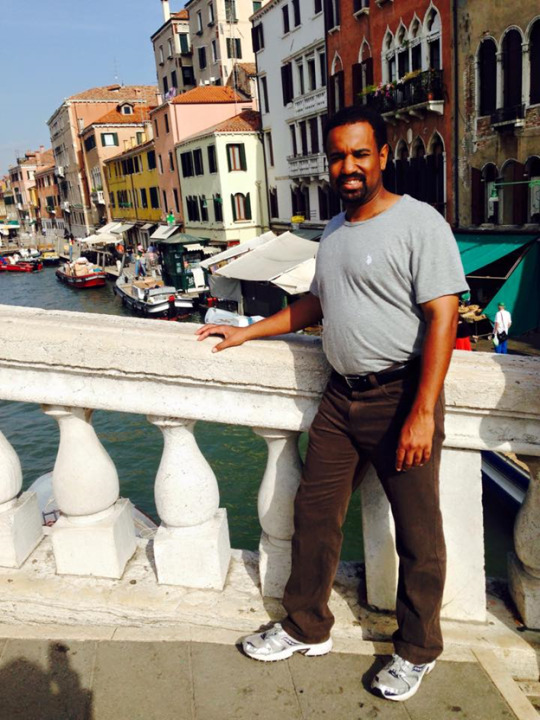
It has that Eddie Murphy “Hey, who farted?” face that we all love and wish we could have back forever after the picture has been taken. I remember standing on that bridge and being a tourist for the first time and telling myself that I would live there one day on the water in a nice apartment, living the good life.

Since then, it has been my dream to live and work in Venice, all while developing into a master Italian speaker. Many people tell me that I shouldn’t want to live in Venice because there are so many tourists. They try and discourage it, and almost completely discount it as an option for settling down in and trying to live a normal life. They always suggest that I try and live just outside of Venice in Padova or Treviso, somewhere, or even somewhere else in another region in Italy. I always slightly agree about the tourist part, but it still does not seem that big a problem to me because Venice has such a bigger diameter than what the center is. I think that kind of multi-cultural experience would be good for my children when I have them one day.
From up high, a bird’s eye view, it’s not quite Impressionism but the murky canals make me think that way, and not quite Cubism because it’s too defined, but again the canals make me think that way because of how they flow around some of the street corners; maybe a little Monet with your reading glasses when you consider the water and the slight texture from the roofing, but maybe a little Picasso-- but not even, really. It is hard to describe. It all looks so antique yet permanent with the marble and stone everywhere. You can smell the salt and the dead fish, but all that is negligible.
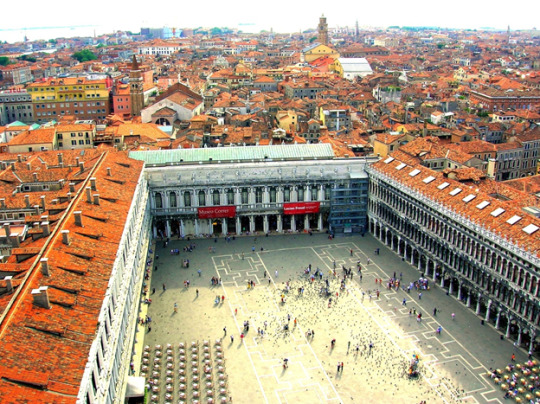
Monet, San Giorgio at Dusk:

Picasso, Houses on a Hill:
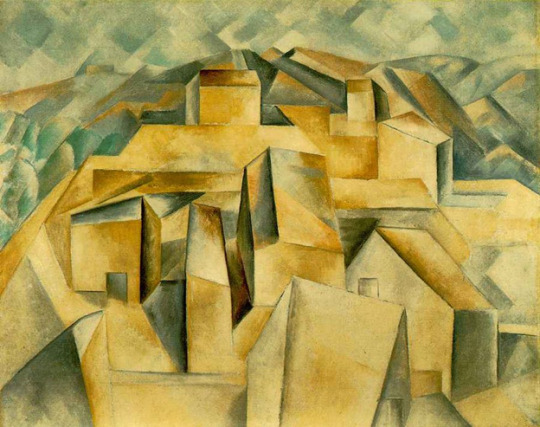
I guess the Monet painting might just do it more justice, although I appreciate the pale and sturdy in this Picasso painting. Wherever you walk alongside the water in Venice is very sturdy. Although sometimes it is pretty narrow, it is still sturdy. I have not been to Burano yet, but by the pictures I have seen, it makes the rest of Venice look pretty pale. I will see it soon enough.



During my last trip I took my first vaporetto ride and it felt good not to expect to walk around and get lost like I normally do in Venice. I knew I was going to the Guggenheim Museum and I found out from the tourist information kiosk how to get there. I am like Icarus knowing damn well I am flying too close to the sun when I walk around Venice with no map, but having a plan to go visit some particular something.
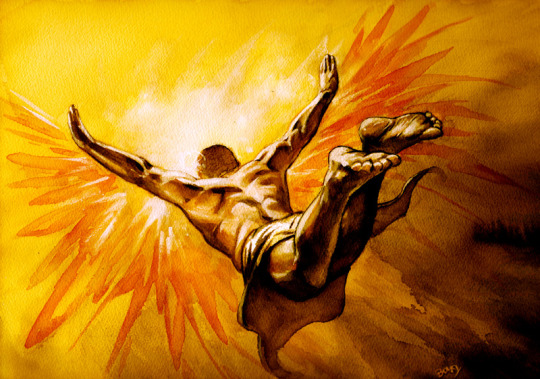
I thought to myself, “I am coming up in the world.” Nevertheless, I still bought a one-way ticket just in case my sense of thrift prevailed later that evening after I finished my excursion to the Peggy Guggenheim Collection near the Accademia vaporetto stop. Even though any newfound sense of direction usually leaves my body around lunchtime.




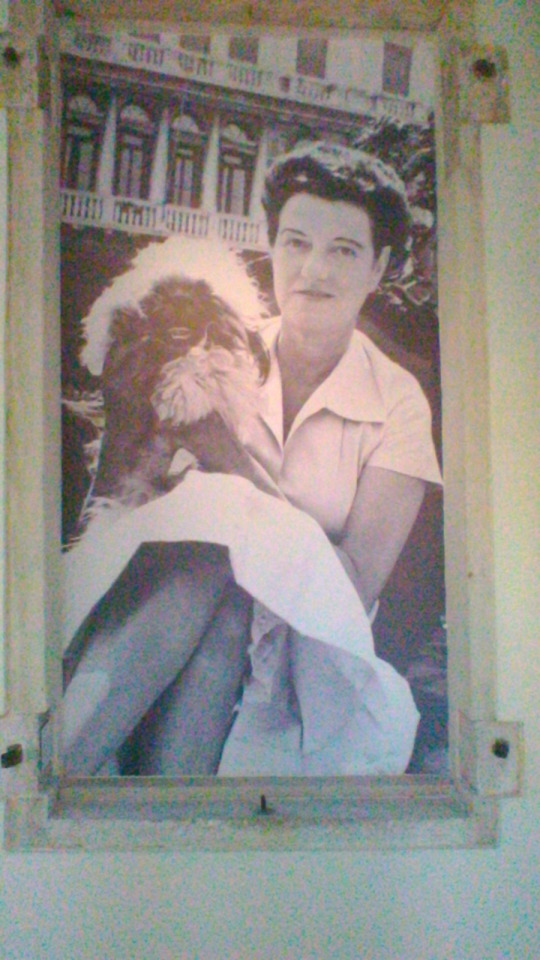
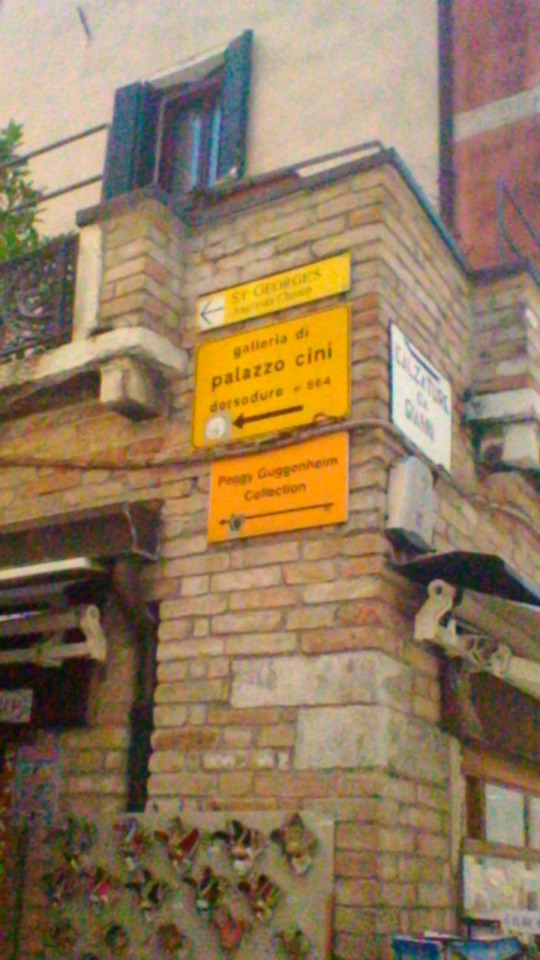

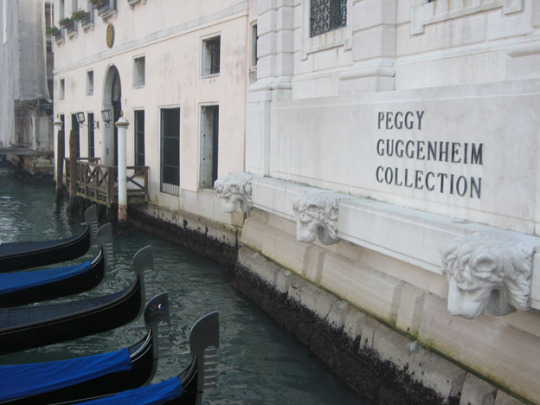
Venice is expensive and I am still learning to discipline myself financially so the tail-ends (tails-end?) of my trips don’t include me being too broke to get back home or just broke enough not to be able to enjoy the last part of an itinerary, or that random thing I didn’t think of visiting beforehand on a whim. Slowly but surely I have been doing things wisely, not in any substantial prolonged periods, but in fleetingly brief snippets of ephemeral and practical frugality that wind up making that little bit of sense later on during the trip; things that make me glad I did them.
The two pictures of boats below are not vaporettos, but gondolas. Gondolas are reserved for the tourists con molti soldi, or those with a lot of money.
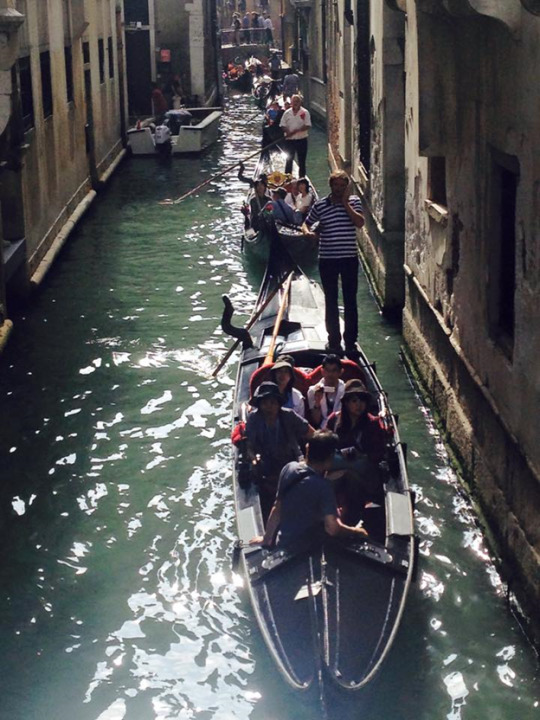

This is still one of many activities that require an extra little bit of cash in Venice; cash that is held hostage and confined for the bucket list. Among the others are staying in a luxury hotel there, getting a graduate degree there, etc. I actually developed a plan to study French in a graduate program there so I would be able to master both languages at the same time. I think my Italian is good enough to sit in a classroom and learn other things with it. I have not ever taken an assessment test that tells me if what I think is true. One of my trips to Venice even included a visit to the Alliance Française office. I had been a member of the Alliance Française chapter in my hometown and I was geeked (yes, geeked…) to find out that there was a chapter in Venice.
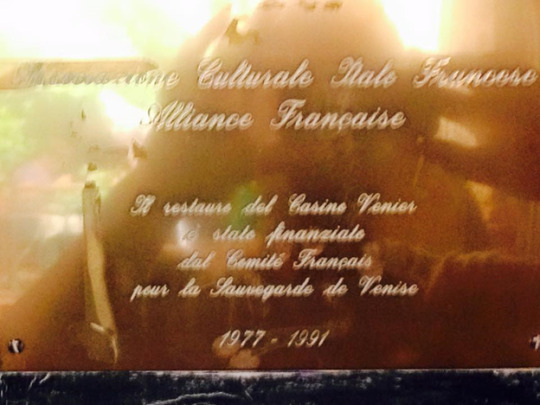

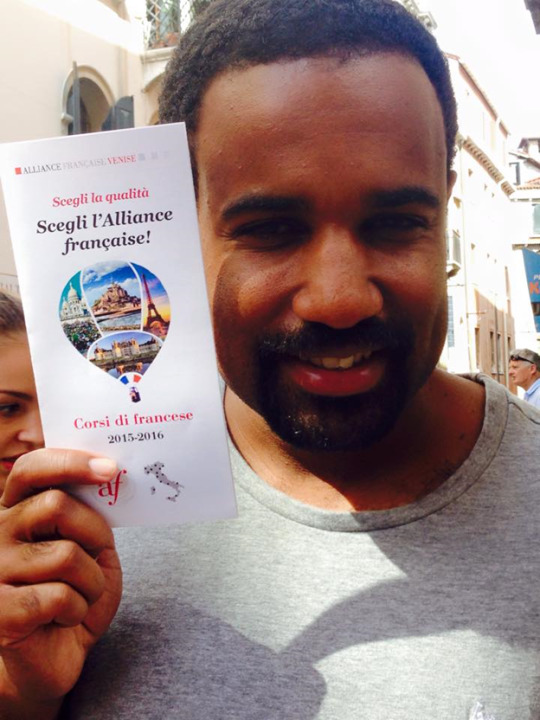
Here I am shooting the breeze with a couple of French women I met while looking for the Alliance Française office (for some reason, there goes the whole “Who farted?” thing all over again, as the second picture even further emphasizes how no one seems to know who did. Even the guy in the blue polo with camera in the background of the second picture is looking like he smells it, too.):
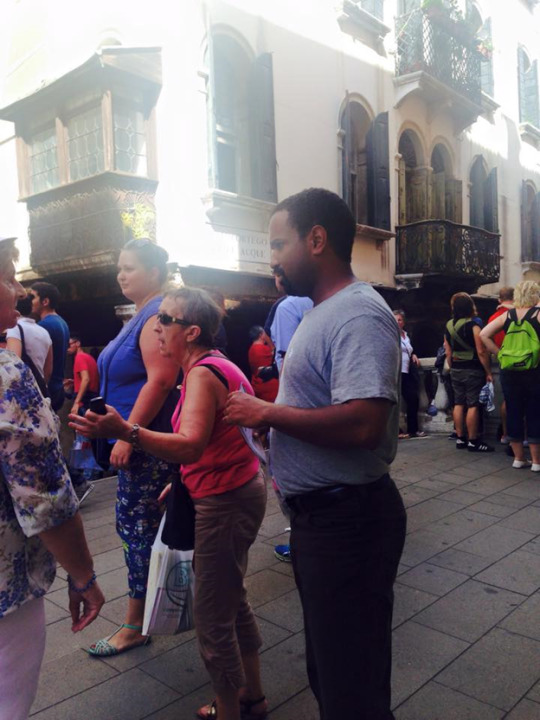

Venice is also the home of the first ghetto. The Venetian Ghetto was where the Jews were confined during the Venetian Republic. The first ghetto appeared on March 29, 1516. Ghetto is an Italian word. You can find the former Venetian Ghetto in the Cannaregio neighborhood of Venice. That’s about all for this blog, folks. Sorry for ending this abruptly, but tumblr says I am running out of space for this one... Until next time!
0 notes
Text
LE MUR AUX MORTS DE LA GUERRE AND LE CIMETIERE DE LA CHARTREUSE IN BORDEAUX, FRANCE
If you have never heard of Toussaint Louverture, he led a slave revolt in Haiti that ended up being the inspiration for Haiti’s establishment as an independent nation. He was lured, captured and tortured by Napoleon’s French army because he drafted a constitution that declared Haitian independence while Haiti was still an imperial holding of France. One of his sons, Isaac, is buried in the Chartreuse Cemetery but you would never know that, unless you knew that, or someone who worked there pointed it out to you during a visit. This was my first visit to Bordeaux and I wound up somehow, after walking through the city center, in between the Mur aux Morts de la Guerre, the “wall dedicated to those killed in war” (WW1 and WW2) and the Cimetière de la Chartreuse, the Chartreuse Cemetery. The memorial wall is for those citizens of Bordeaux who were killed during battle. The Chartreuse Cemetery is where several notable people are buried who were significant contributors to the French culture. After reading the pamphlet about the cemetery, I saw that Francisco de Goya was buried there, and I decided to try and find his gravesite. I have a very weak sense of direction and I am not very good at reading maps, leaving me to rely on luck most of the time when looking for things in cities like Bordeaux. I could not find de Goya’s gravesite after about an hour of looking around for it.



I was in Bordeaux for twelve nights and it was nice. I flew to Rome from Bordeaux’s airport and told my Airbnb host that I would definitely come back to Bordeaux. I started reading about Bordeaux’s history as a port city for the slave trade and saw that Toussaint Louverture died as a prisoner of war in the Jura mountains in France. The Jura divide Switzerland from France along France’s eastern border, so there is no real connection there, but my hometown of Charlottesville, VA is a “sister city” with Besancon, France which is in the Franche Comte region of France, at the foot of the Jura and Switzerland. Toussaint Louverture’s son, Isaac Louverture, died in 1854 and is buried in the Chartreuse Cemetery, but it is not in the official pamphlet of the cemetery among the notable deceased. Toussaint Louverture had two sons, Isaac and Placide, who are relatively obscure in modern historical notation. For whatever reasons, Toussaint Louverture’s sons are not as prominent in his legacy as a person would think.

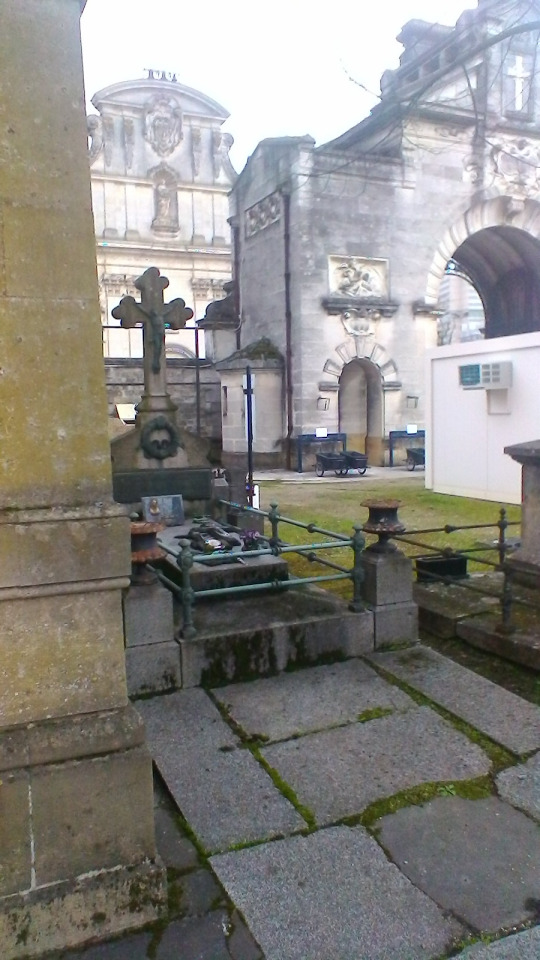

Seeing the monument to those killed during the two World Wars and the graves in the Chartreuse Cemetery makes me think of the poem “Facing It” by Yusef Komunyakaa from his book Neon Vernacular. This is the poem, and it was also included in a later anthology of his works entitled Pleasure Dome: New and Collected Poems:
My black face fades,
hiding inside the black granite.
I said I wouldn't,
dammit: No tears.
I'm stone. I'm flesh.
My clouded reflection eyes me
like a bird of prey, the profile of night
slanted against morning. I turn
this way--the stone lets me go.
I turn that way--I'm inside
the Vietnam Veterans Memorial
again, depending on the light
to make a difference.
I go down the 58,022 names,
half-expecting to find
my own in letters like smoke.
I touch the name Andrew Johnson;
I see the booby trap's white flash.
Names shimmer on a woman's blouse
but when she walks away
the names stay on the wall.
Brushstrokes flash, a red bird's
wings cutting across my stare.
The sky. A plane in the sky.
A white vet's image floats
closer to me, then his pale eyes
look through mine. I'm a window.
He's lost his right arm
inside the stone. In the black mirror
a woman's trying to erase names:
No, she's brushing a boy's hair.
Yusef Komunyakaa, “Facing It” from Pleasure Dome: New and Collected Poems. Copyright © 2001 by Yusef Komunyakaa. Reprinted with the permission of Wesleyan University Press.
Source: Pleasure Dome: New and Collected Poems (Wesleyan University Press, 2001)
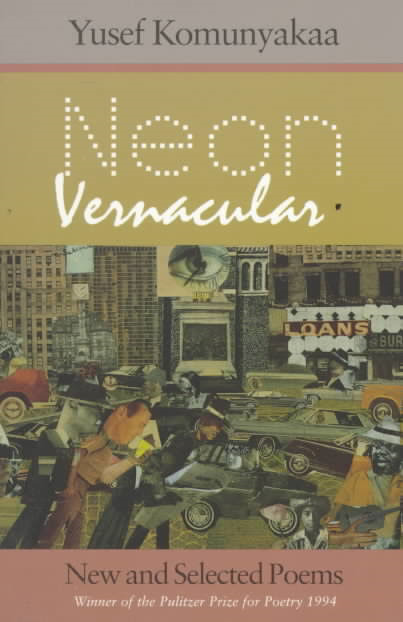
As you can see, he won the Pulitzer Prize in 1994. Spelling his name is almost as tedious a chore as spelling Michelangelo Buonarroti, or having had to spell Mississippi as an eight-year-old. Before I spelled it right, I spelled it Komuunyakaa and also Komunyaaka.
To tell the truth, I don’t know which is the more important now that I have learned that Louverture’s son is actually buried in the Chartreuse Cemetery without his name being in the official tourist literature: telling you about my goal of finding Francisco de Goya’s burial site or telling you that Isaac Louverture is buried in the Chartreuse with no real mention of it in their literature that they disseminate to the public. His father started the whole liberation movement of Haiti with a written constitution of Haiti’s independence. His father was lured by the French army, tortured, starved, and left to die in the mountains before he ever saw his home country as an independent nation. There are other monuments and commemorations around Bordeaux about Napoleon and Isaac Louverture, but it just strikes me as odd that neither of them are mentioned in the Chartreuse Cemetery literature.
It does leave me at a particular loss for words. Bordeaux, so famous for its wines, also has secrets like these locked away and aging. Some fine wines are still waiting to be drank, I suppose…if you look at it that way. What should a person think? Should he feel slighted by that oversight? Or is it an oversight? Regardless of whatever airs Bordeaux puts on about being the so-celebrated wine region in France and the world, there are still, too, her slave-trading secrets “in the wine cellar”.
Look at how similar some of de Goya’s paintings are to some of the portraits of Toussaint Louverture. Toussaint Louverture is the black person in the lower paintings.
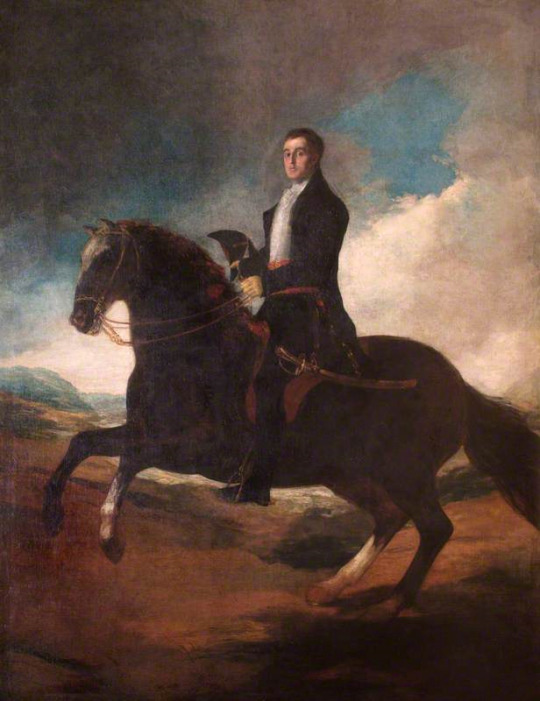

Here are some pictures of Toussaint Louverture:

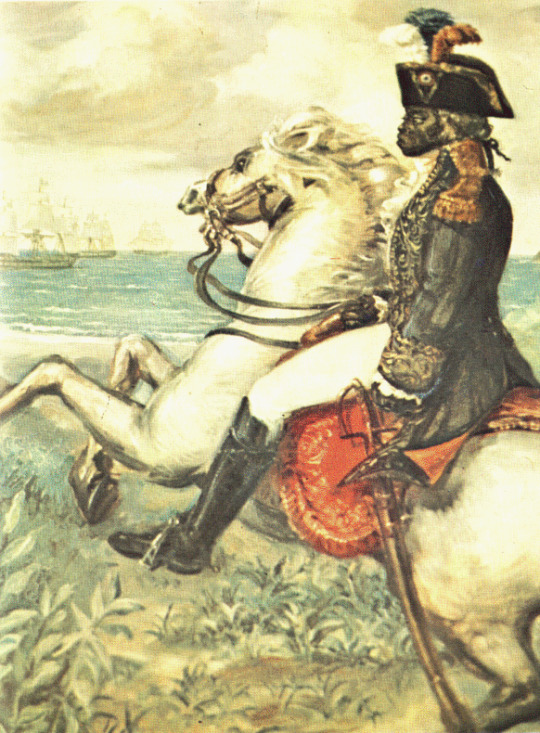

The horses in de Goya’s paintings are perfectly less defiant and conveniently more majestic and patrolling than the horses in the paintings of Toussaint Louverture. Do you see the differences? Even the last picture of Toussaint has the horse so defiant, yet afraid. The word chartreuse is actually a color that you find in shades of green and yellow, and it resembles the color of a pear. Modern times often associate the color green with being naive and the color yellow with cowardice. As I am traveling, I am often looking for underlying psychological implications as I like to theorize on things that I find to have a particular meaning to my life. They say that history is written by the winners, and this oversight of leaving out the Louvertures in the literature of the Chartreuse Cemetery is an example of how. I think it is wrong not to include mention of them.

I had never been to Bordeaux before that trip I took in March. I just thought that I would go because it was the famous Bordeaux I had always associated with expensive red wines. A color like chartreuse more resembles white wines. I don’t know what to think of Bordeaux now that I have realized this Louverture thing. I think I would call it a little more cowardly than naive, and that its reputation for red wines sure does add a touch of glamour to the real story behind its history a port city for the slave trade. There is actually a bust of Toussaint Louverture that Haiti donated to Bordeaux that stands somewhere in the city. I did not actually see it while I was there, but I read about it. Take a look at both paintings and look at how the tints of red make some stand out and how the tints of chartreuse make some stand out as well. There is also a connection between chartreuse and neon that is pretty interesting. What do you think?
0 notes
Text
THE GLASS FLOWERS AT HARVARD
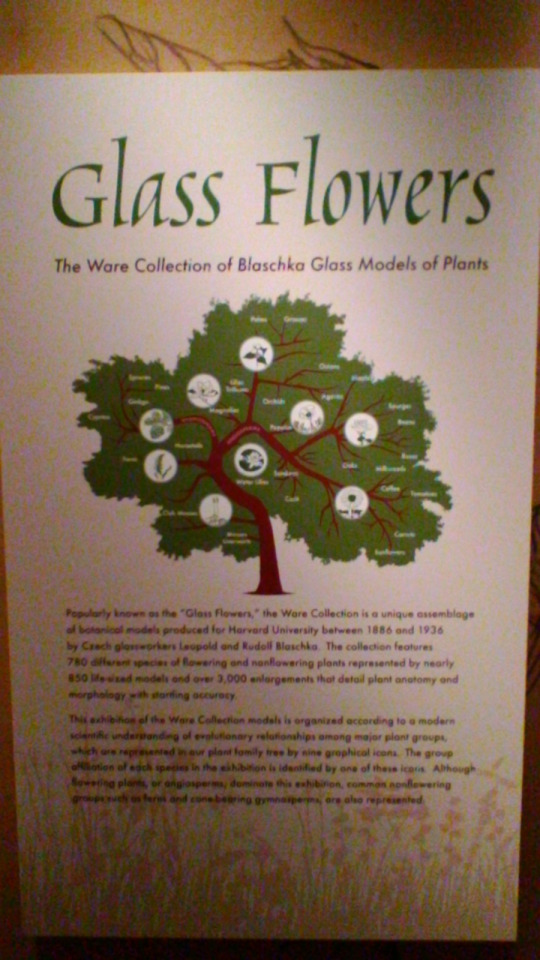
So, there I was in Boston again this past February. I was there just for a night in order to catch my flight to Madrid the following day. The first time I was ever in Boston was to watch a Harvard versus Boston College hockey game and to look at the campus. I was only 12 or 13 at the time. I remember sitting in an arena and taking in a hockey game. I was in the Big Sibling program in my hometown and my “Big Brother” invited me to his hometown in Connecticut and we did a number of things during that visit. This hockey game was one of them. His big brother was a graduate student at Harvard then, so I also got a chance to look around the Harvard campus just to see what it was like there. Part of my childhood was spent secretly emulating what Harvard was and had to offer.
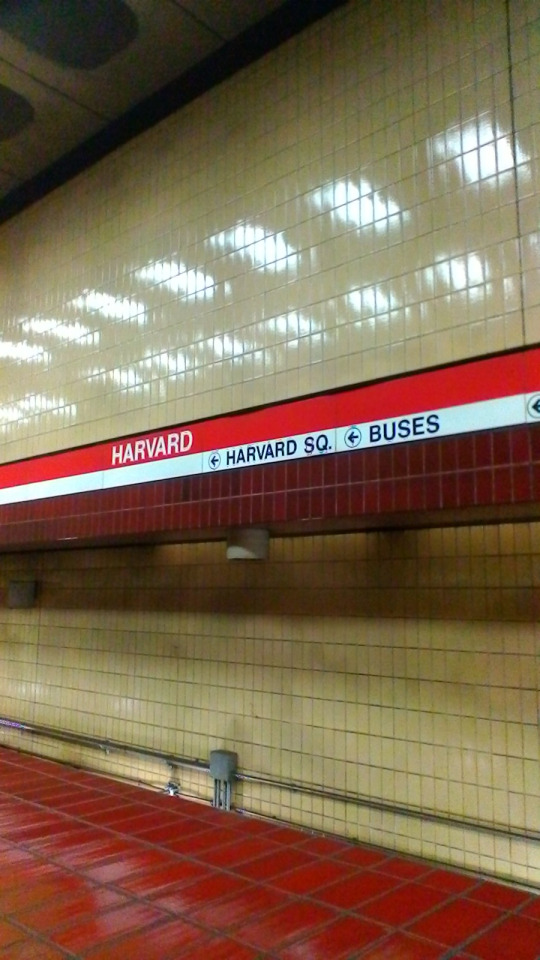
When I was growing up, there was always that elite Harvard that I knew and heard about. Harvard had the greatest of all the intellectual reputations associated with college life that I had known. I was a couple of years from high school then and my childhood was what it was, in turn making me what I was then. I didn’t grow up in my dad’s household so I was always looking for ways to find my security in things I was good at, and this trip was full of firsts for me. It involved my first trip in an airplane and the first time I was away from my mother for more than a week without it being with my father at his house. This was Harvard so I quickly latched on to the idea that I maybe would be attending college there one day in the future, when the time was right.

The only people who got into Harvard were kids with straight A’s or who scored more than 1500 on the SAT. I knew Harvard was in Boston, but I rarely thought about the word or state of Massachusetts when I thought about Harvard. I only thought Boston or Harvard. I also reckoned that Cambridge had something to do with Harvard, as well, but I never could have articulated it then, and I never thought of the two as contemporaries in any sense. People in my family rarely went to college. My father never went to college, nor did his father ever go. I knew that there was an aura of intellectual prestige, to which I more than likely would not be invited, associated with both Harvard and Cambridge and I sensed a division between them. I had heard, too, that Ivy League schools were legacy schools, meaning that it was a plus if your father, mother, or your grandfather or uncle went to an Ivy League school. Because they went, the chances were greater that you would be accepted, as opposed to applicants who had no legacy there.

I suppose another division was the fact that Cambridge was named for the University of Cambridge in England and C.S. Lewis taught at the University of Cambridge in England. I was a fan of The Chronicles of Narnia by C.S. Lewis when I was growing up and C.S. Lewis is also a noted theologian and Christian apologist with a number of books written for adults. I am a Christian and it is very rare these days to find universities that openly and assertively identify with being Christian for fear they will offend Muslims or some other group.
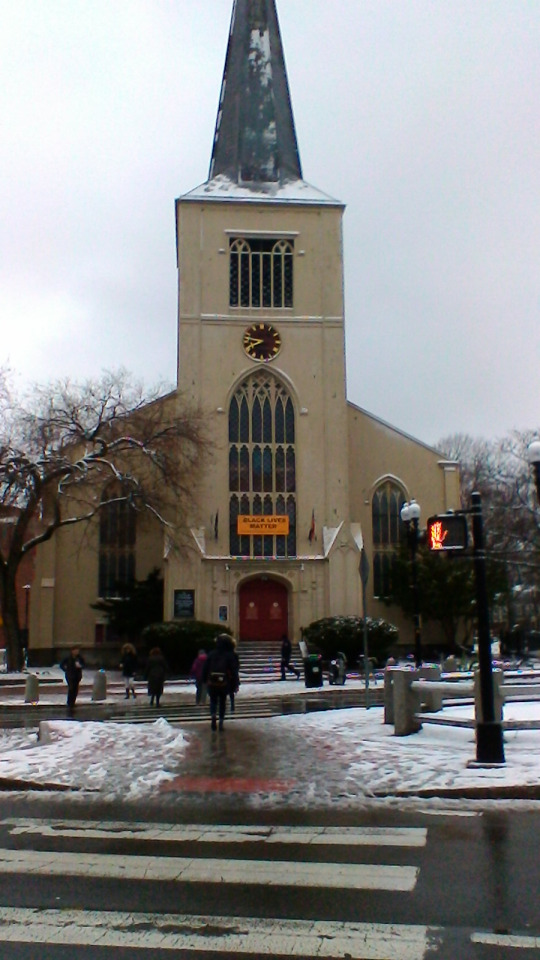
The minds that attended Harvard were the gears inside multi-million dollar companies and bestsellers. I was pretty clever for my age, but despite my being there that one time so long ago, I never really felt anyone in the admissions office would ever trust me enough to invite me. I was no valedictorian but I was learning where I came from had a lot to do with where I would supposedly, as in statistically, end up in terms of my adult life. Everything told me that the odds were stacked against me, but the steps that I taken in and outside of school up until then were significantly increasing my chances of achieving that role of being a productive member in society. Boston represents a critical religious versus civic divide for me and visiting it again, even for just a day, was something that brought back some critical memories. My faith has been tested in so many different ways and it has taken some time to realize that people have different gifts for different things in life. What you want is not always what you get because the world is so diverse, but there are more than enough ways to use the talents you have.

I had some sense of Harvard’s magnitude in the global world then, but there was always a faint sense of discouragement that my brain ultimately deemed insurmountable, and I always just accepted that I was pretty smart, but not that smart, if you know what I mean. I admired it from afar. The world seemed so satisfactory to me then, and the same world seemed satisfied with letting me bask in higher education being the challenge of achievement. So much time was spent on emphasizing that education was the way to avoid the excessive demands of hard, physical labor reserved for those in society who were not “gifted” or who showed more of an aptitude for, or taking to, the vocational side of life. The classes I took in school were preparing me for some door to written scholarship and not the vocational side of life that included factory work, cafeteria work, or labor with other agricultural or textile machinery.
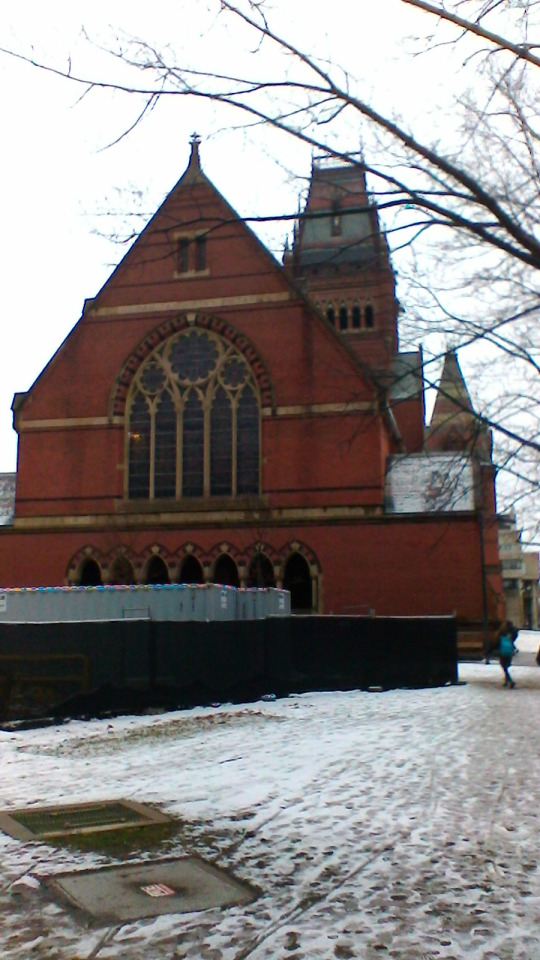
That was a big trip for me then, and being around that history of intellectual achievement and, just as valuable, intellectual curiosity was something that I could actually see and hear somewhere else other than my hometown and what I knew as normal or standard. It still was a pretty profound trip for someone like me at that time in my life and I won’t ever forget it. At around 12 or 13 years old, after my visit there, Harvard took a backseat in my psyche, it hopped into my head and has been riding around ever since. It is twice symbolic to me about being exceptional as a student, and being lucky enough to warrant consideration and/or entrance, from a human perspective.
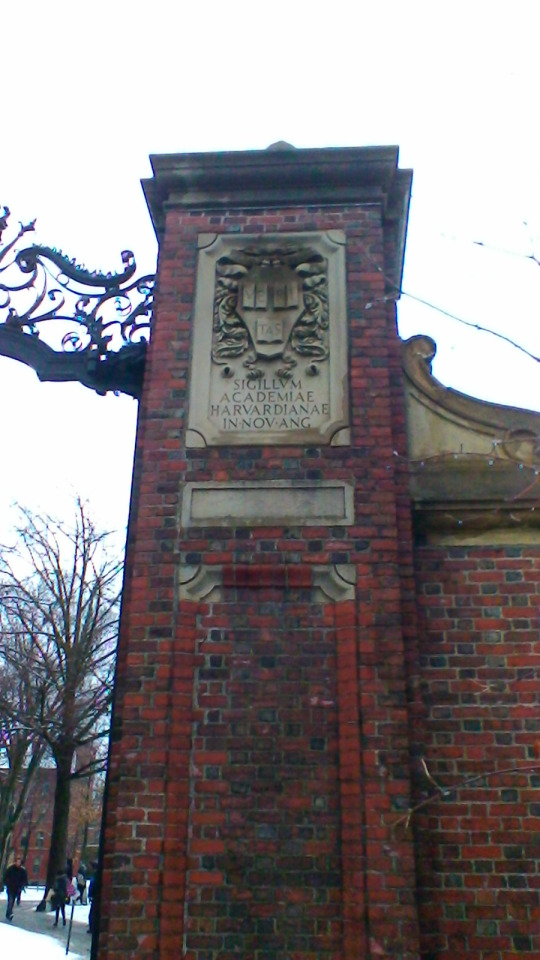
I wanted more to do with Harvard than what actually ever materialized between us. Years after that first trip, I read one of Henry Louis Gates’ admission essays to Harvard where he basically called out “whitey”. I laughed at how he bold he was, and that odds were that there would never be anything so pleasantly cynical ever written like it again. He actually got into Harvard by calling out “whitey”. It was somewhat of a remote possibility for me to get accepted, but I figured it would never happen. But, this was before I was ever mature enough to actively engineer the “happening”. My elementary critical thinking skills were so black and boring then, and I really saw nothing upwardly mobile about my perspective or experience in life. Back then, my anointing was not to call out “whitey”. I had plenty of white friends and as far as I was concerned, I was as smart as them, if not smarter. I did not grow up during the Civil Rights Movement so there was no writing on the wall for me, nothing kept telling me that I was not worthy or deserving.

I did not grow up with my dad, so my sense of pride in myself was rather warped, but not completely irreparable. I was just along for society’s ride and I was in some advanced classes and noteworthy extracurricular activities back then, but not enough. I did, however, often wonder about what it was that kept me from being in all the advanced classes and even more extracurricular activities. I was a “good boy” in school but I neither really figured myself out in time nor figured myself distinguished enough to ever be accepted. I was a withdrawn student from a pretty meager socioeconomic situation, but I did identify with that “one-in-a-million” or “once-in-a-blue-moon” success story that I always heard could happen if I worked hard enough. I had already learned that I was actually part of a dying breed just for being a little clever and from a one-parent household. Visiting Harvard and Boston again brought back the old Field of Dreams motif and Archie “Moonlight” Graham getting his chance to play in a real baseball game with all of the brash, savvy professionals.


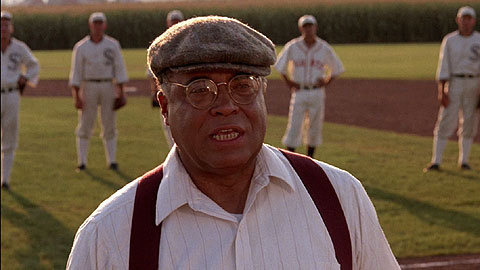
Harvard was the best school in the country and everyone knew that. When a person got into Harvard, it was a special thing that would have a profoundly positive impact on the rest of that person’s life. If you didn’t get into Harvard, don’t worry because it was Harvard and not everyone got in. About as quietly and delicately as those replicas in the Glass Museum, I never applied to Harvard because I didn’t think my grades were good enough and I did not understand then that I might have just been worth it. Nothing ventured, nothing gained.

One of the dudes at the desk recommended that I check out a rack filled with published info about what there was to do in Boston that was along the wall of the hostel that I stayed at for the night. I was looking for things to do for the evening like find a bar or a club to go to. I immediately saw a section about Harvard and I got all extra nostalgic and decided to ditch the bar/club plan and to go and walk around the campus again for old time’s sake. It had been about 25 years since I last strolled around the place. 25 years of achievements and disappointments, 25 years filled with so many ups and downs.
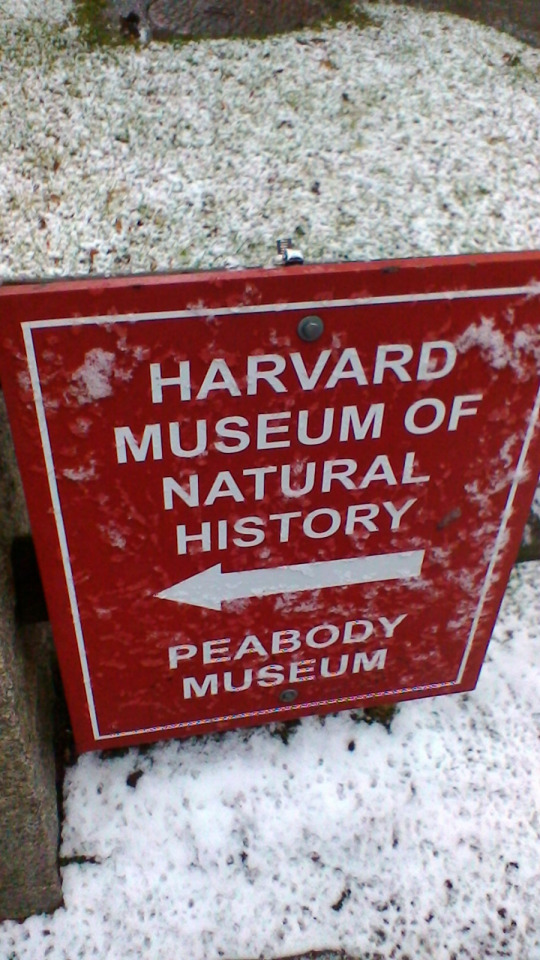

Even though it was a cold and slushy day in Boston, I figured I could still make a decent afternoon out of things now that I was settled in at the hostel. My bus had arrived there that morning so it did not make sense to sleep very long, so I just went upstairs after check-in, dropped my things off and sat for a minute to get my head together, and I headed out. I can’t ever really sleep on buses, but I knew I would be able to get a good night’s sleep later on. If you can, always get a good night’s sleep before a long flight. It sucks when you don’t or can’t.

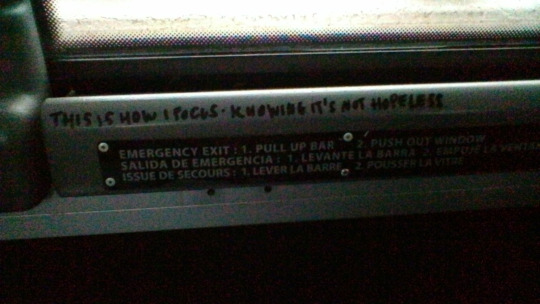
I walked in and felt right at home in the delicateness and the detail of all the glass flowers. Everything was so very dainty and precise. All of the collection took about fifty years to complete. It was done by a father and son from Dresden, Germany. The room was very quiet and dim as I made my entrance into the collection and I was amazed by how precise and exact all of the anatomy was on each and every plant species that was represented. Looking closely at all of the detail, there were corresponding captions on each piece of the exhibit. Meanwhile outside in the city, the New England Patriots were celebrating their dramatic comeback victory in the Superbowl with a loud and huge parade processional that contrasted the quiet solace of the exhibit in the Peabody Museum.
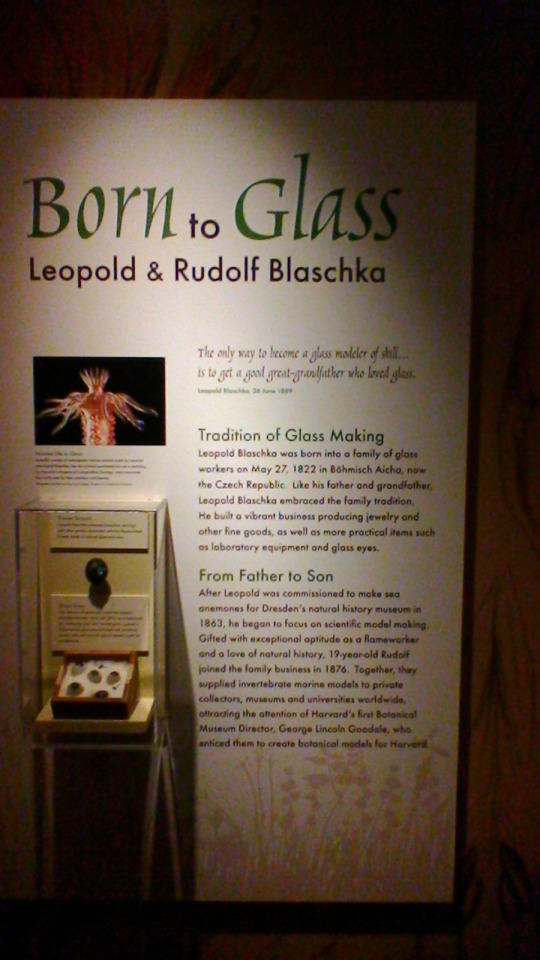
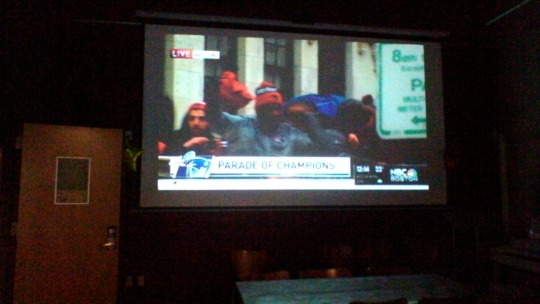
I remember my first visit to Boston and Harvard having a “stone that the builder refused” theme as I was a young person and historic inequalities and racial division synonymous with the South did not seem to follow me north. That week I felt free from the burden. This exhibit in the Peabody Museum demands a special sort of reverence when perusing its contents. I kept quiet the whole time and struck up no conversation with anyone, nor did anyone attempt any communication with me while I was there.

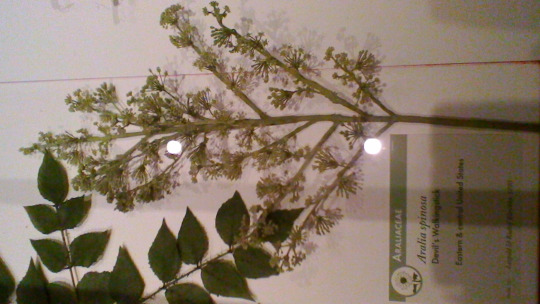


It was nice to be there with my memories of Boston and my previous visit to Harvard so long ago under such different circumstances. It makes me feel like I have survived since then. I am certainly not perfect but I am certainly not delicate either. I am not as outwardly sensitive as I once was, but I am happy with what I notice about the world and about how I was raised having prepared me for it. People and places take time to mature and refine. I feel like I have a relevant and developing perspective that is maturing with age and time. This is exhibit was here during my first visit to Boston and who knows how long it would have taken for me to learn about it and find it had I not started traveling back and forth to Europe? In life, always remember to always stop and smell the flowers. This exhibit is pretty amazing, and when I factor in the heat involved with blowing glass, it must have been a pretty tedious undertaking. Go and visit it if you are ever in Boston.

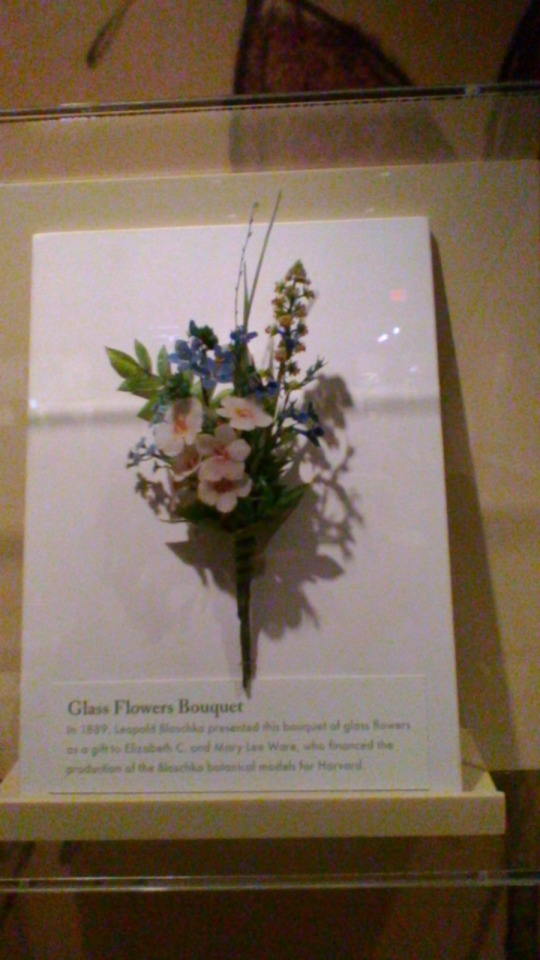
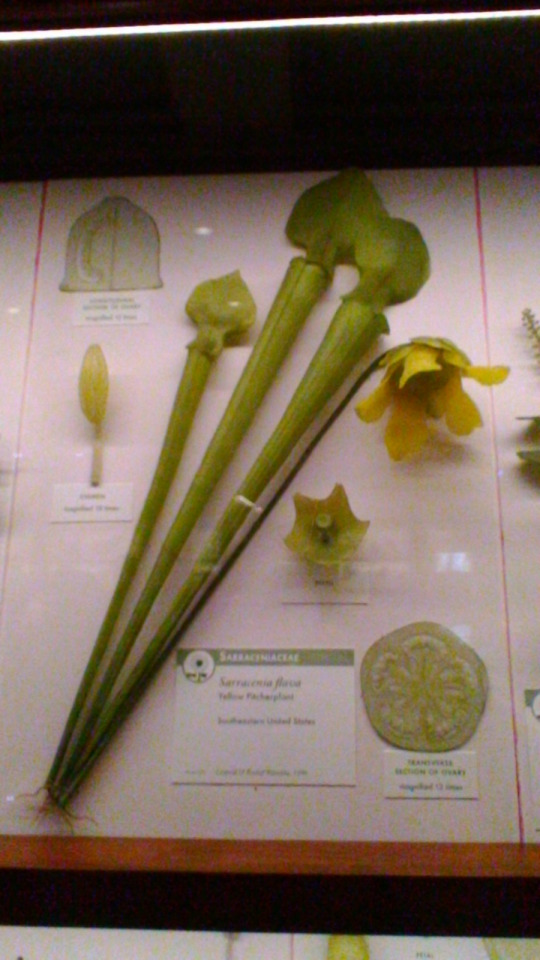

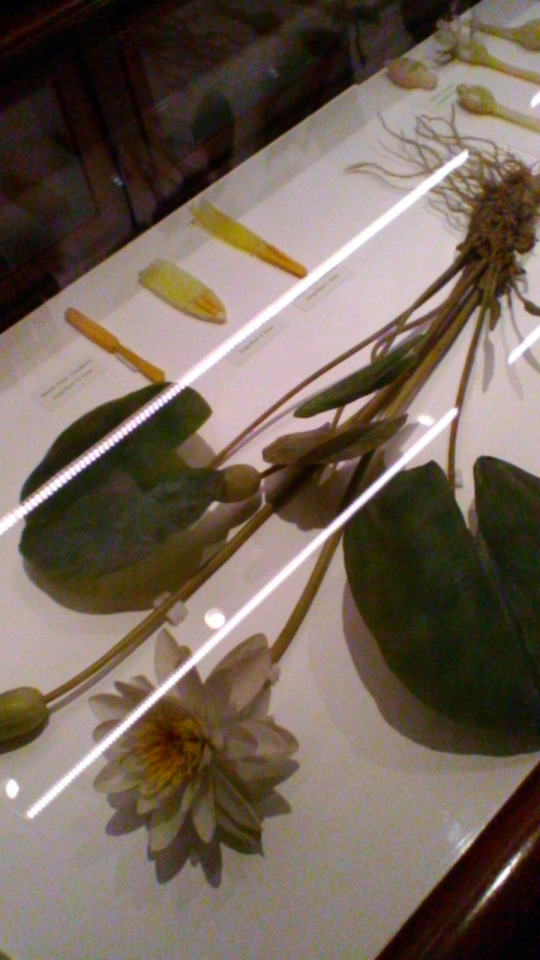
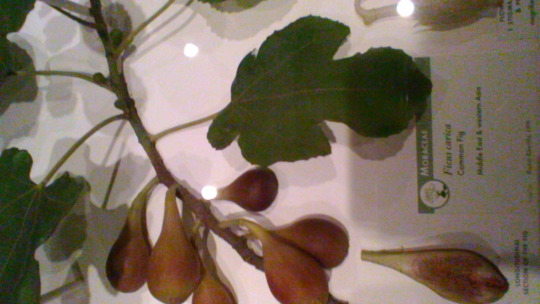
0 notes
Text
PINOCCHIO IN FLORENCE
While I was in Florence taking a course on something called content language integrated learning (a course designed to offer strategies for conversational English teachers), I found a bookstore where I saw a copy of the book The Adventures of Pinocchio, by Carlo Collodi. Carlo Collodi is the pen name, or pseudonym, for Carlo Lorenzini. He was born in Florence, but was raised in the nearby town of Collodi, hence the pen name. Collodi is a town in Tuscany where his mother is from. This was my second time in Florence because I had been there a year and a half earlier at the same school taking a different course from the same instructor. I decided to go back and further strengthen my C.V. (curriculum vitae or resumé) with a follow up course about these teaching methodologies that are so popular throughout Europe. I felt like it would do me some good because after taking her class the first time, I wound up with a job teaching English online. I wound up with a second job online after traveling to Florence this second time. I am starting to see a pattern with Florence.
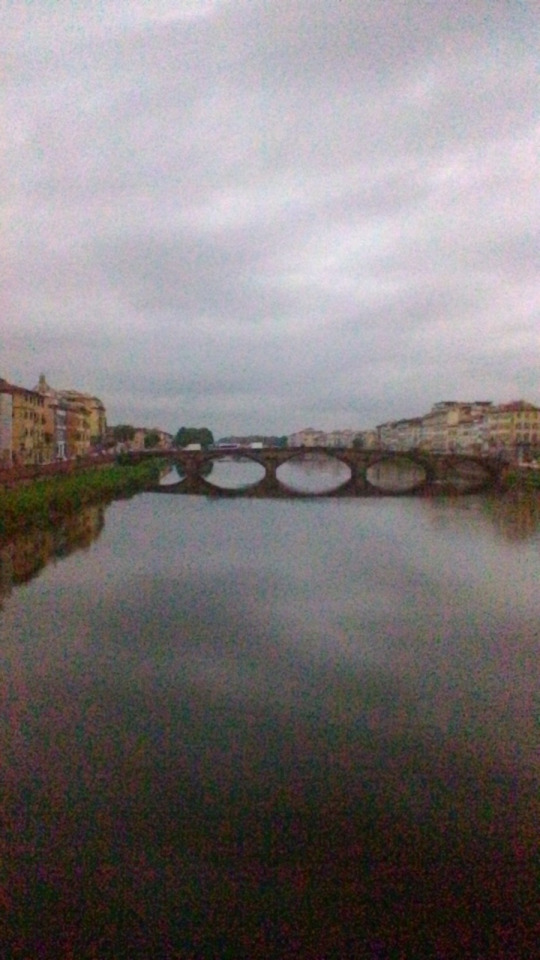
For this most recent visit to Florence, I planned a whole three-month trip around this “CLIL” course. I visited five different countries; two of which I had never been to before: Spain, France, Italy, Croatia, and Germany, with Spain and Germany the countries I had never seen before. I knew the dates of the course in Florence and meticulously crafted an itinerary around them, taking care to arrange all my lodging and transportation with this class being the real reason for my trip. It was kind of an excuse to travel, too, but hey…
When I got home from this most recent visit to Florence, I was looking through my pictures as I had recently decided upon making a travel blog that documents some of my experiences and things I have learned from them or found odd during them. I found this picture of myself that I took while I was sitting in the Tronchetto People Mover in Venice. The People Mover ferries you from the main bus station over to the real Venice that you see in the travel brochures. As you can see, it is rather odd as I was fooling around with the picture options and effects and came up with this:

Being in Florence just a few weeks before finding this picture again, it reminded me of the The Adventures of Pinocchio book that I found as I decided to find a book to read in Italian in order to improve my command of the language while I was in Florence this second time. Traveling and teaching English gives me the chance of immersion in these different countries. With immersion among the people and culture, I feel like it is an excellent opportunity to practice and become more familiar with the languages I study. And with immersion in the culture comes a closer observance and accessibility to the literature. I had decided to get the book because I kind of knew the story of Pinocchio, so if there were vocabulary words that I did not know, I would have more of a chance to figure them out given the context clues and my general previous exposure to the story. Everyone knows the story of Pinocchio.

I absolutely love the Italian language and the more I expose myself to it, the more and more I become familiar with it and the happier I become. The bookstore was in very close proximity to this language school

at which I was earning my second certificate for teaching English as a foreign language. Since my first visit to Florence, my fortunes had been improving. I had been traveling over a big part of Europe and since my last visit here, I had been through a lot of ups and downs. Slowly but surely I had been growing more and more optimistic about being legally and financially able to make a life and name for myself in Europe as an English teacher. It had seemed a hopeless and next to impossible thing getting a visa for an extended stay in Italy without being a student, a wealthy retiree, or the fiancé or husband of an Italian woman. Since with the right credentials and networking, teaching English can be a fairly lucrative endeavor, and it was something I could build a flexible schedule with, it was the perfect thing to do as I also have aspirations to go to graduate school. Teaching English is an ideal way to earn money, stay close to the linguistics field, and have time to study and learn different languages.

So, as I looked in the window and saw the book about Pinocchio, I thought that I should go in and get it. The book only cost me four euros and when I asked the old Italian man who was working in the store if the book was really four euros, he looked at me and told me yes slightly cynically, as if to imply that I should know that already from having looked at the price beside the book. It was like he was asking me why I was in awe because it is only a book. I was so into the moment about finding this classic piece of literature in the author’s birth city, I was kind of in awe. I laughed a little to myself at his manner of slightly snide reply and I bought the book and left. I was so happy that I found this little treasure for such a nominal amount.

The picture of me at the beginning looks a little like Pinocchio and I thought that I remembered this picture once I started reading the Italian text. Thumbing through my travel photos on my tablet with my two thumbs, I found it again and decided to write about my time in Florence. The real (cartoon version) Pinocchio looks like this:

Don't we look a little similar? Don't both of our eyes seem to be bulging out, big and wide with wonder and anticipation? I feel so close to being able to make a life among the many languages I love to read and speak in Europe. Around the time of that picture, I was just experiencing how difficult the Italian bureaucracy makes it for Americans who want to teach English. There was a point in time where I felt like I was crying out like Pinocchio for an opportunity or a contact that would help me along the way. All I wanted was to get my foot in the door and have the chance to start teaching English and enjoying the Italian culture.
More often than not, the process has seemed hopelessly just out of reach as I have trudged around Italy seeking a school that would give me a work contract. The thing about Italy is that paying the taxes on English teachers from the United States is not actually financially worth it to them, especially when there are so many English teachers in the U.K., which had been in the European Union until recently deciding to leave the agreement. An American finding work in Italy or France was something that people were telling me was next to impossible. Now there is a little wave of optimism now that England has voted out of the European Union. It will take some time but it seems like there may be more opportunities on the horizon for Americans who want to teach in Italy, even though I have felt like an ass for trying sometimes.

This book about Pinocchio, a wooden puppet or burattino in Italian, kind of gives me hope about this primarily pessimistic situation. The book first appeared on shelves for public reading in 1883. Those familiar with the story can see the theme of opportunity in the story as Pinocchio wants to be a human boy, and experience life and learning. Traveling around Italy looking for a job as an English teacher made me identify with Pinocchio’s character. It makes me think about how difficult the process has been up to this point. I have been able to sustain consistent income since becoming an English teacher, but only online and not in a traditional classroom. I actually did get hired by a school in Treviso, Italy but still have not been assigned any teaching duties as of yet. I doubt that will ever happen with that particular job. I think I have gotten lost in the administrative shuffle.

Twenty years before The Adventures of Pinocchio hit the shelves in 1863, Abraham Lincoln issued the Emancipation Proclamation and made all slaves in the southern rebellious states free. I figure the story of Pinocchio, wanting to be a real boy and experience what is was like to be human, to be a spin-off of the story behind the Emancipation Proclamation and the hope that Lincoln incubated by freeing slaves in the rebellious southern states, declaring that slaves were no longer the property of slave owners.
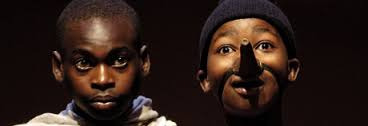
Even though I was in Florence, I did not think that this was an impossible comparison to make. Florence was a city known for its guilds and powerful working class families. Back then, guilds were the city’s integrity. I learned this on a sort of backstreets tour of Florence by one of the teachers at Europass, away from the main monuments and all of the obvious brochure/textbook places that all of the tourists see. Guilds had power and were master craftsmen and experts, putting a completely positive light on the work they did and the nature of their commerce. Everyone knows the impact that slave labor had on the American economy. It was free labor, but the nature of the labor was not based around the idea or structure of guilds; it was based on inferiority.
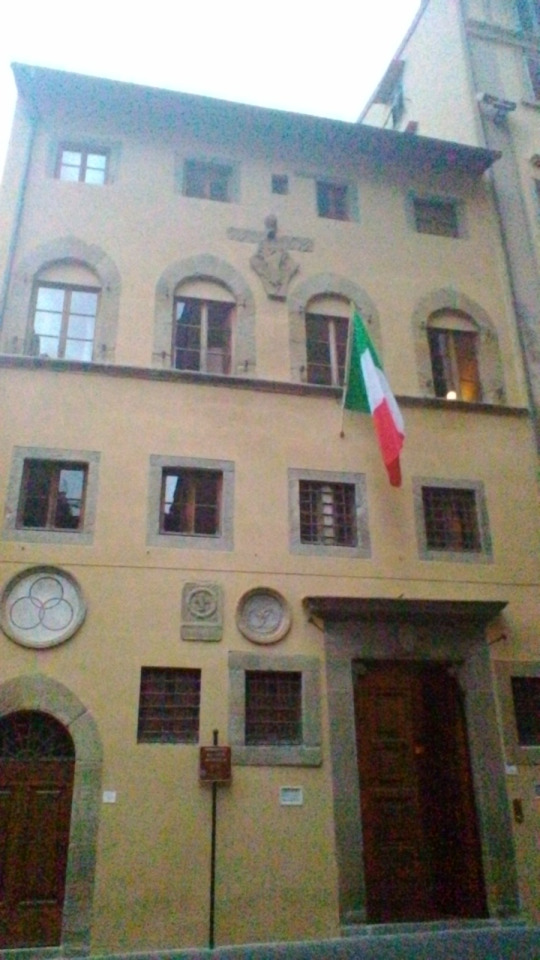
As an African-American trying to find opportunities in Italy, I often feel dwarfed by that sense of giant pessimism cast by the Italian bureaucracy. I can't help but imagine the zeal that baited the African-American psyche by that singular endorsement by the nation's leader over in the United States with that order that finally started to lift some of the burden that slaves had been assuming up to that point. I call it bait because it would take so many years for Black Americans to experience the benefits of actual citizenship. I would have been like, “What are we supposed to be, glad? Uh...glad?”

White Americans were the perfectly imperfect children of God surely to be redeemed by Christ, while that side of being pitifully almost human and subservient was something African-Americans knew too well. The Emancipation Proclamation was a small step, but it was a step in the right direction, like manipulating the limbs of a burattino Pinocchio. Ideally through the granting of human status, one would surmise that the ultimate goal would be for the bruised collective black embryo to start to grow and develop into that then, modern man whose imperfect ways were human, too. But, it would take a century before the African-American collective would even begin to be considered citizens in the same vein as European-Americans.

Before becoming a children’s author, Carlo Lorenzini founded several political newspapers in Florence and was also involved in the theater and censorship. This loans more validity to my hypothesis. I can't help but notice this metaphor in the story of Pinocchio when I think about American history and being an American who has spent time in Italy. “Collodi” was a Florentine and I see this connection with the intellectual community in Italy reacting to the Emancipation that maybe culminated in Collodi writing this book about the antics and tribulations of a puppet, that was a symbol of a slave, that wanted to be a boy who would eventually become a man. This new man would lead an adult life inspired by some estimable anticipation of what the joys of being human must have been. Thomas Jefferson had well-known ties with Italy before Lincoln’s presidency, so I don’t think it too far-fetched a hypothesis to think that The Adventures of Pinocchio may have something to do with legally and officially freeing the slaves in the United States.
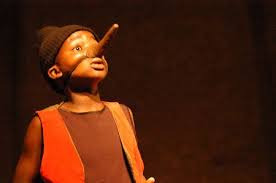
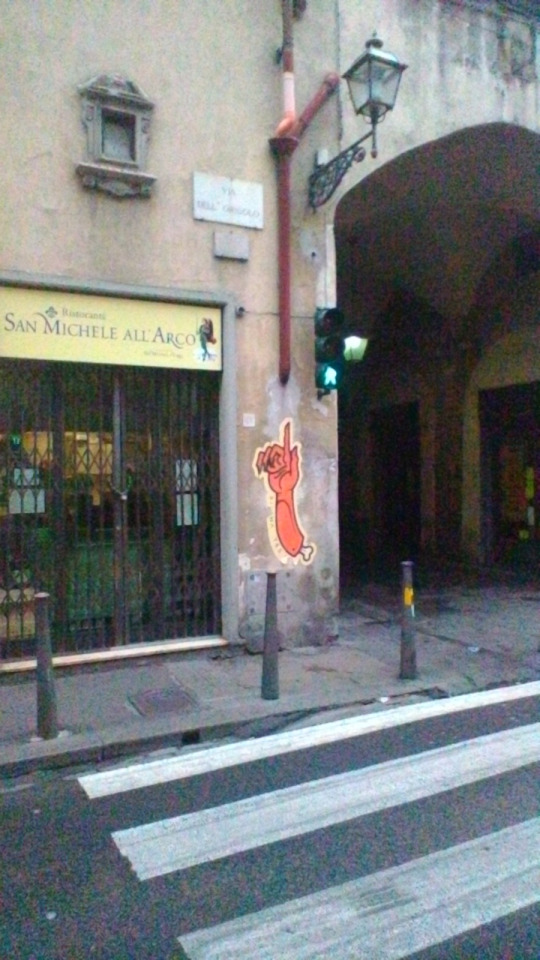
This is just a thought, but there is a pleasant metaphor of redemption about the melancholic and mourning side of a trapped human spirit inside a medium of wood that is crying and crying to be raised, cared for, and let out in order to experience a decent life. This spirit has a nose for the good life, but is still ultimately compromised and seems intent on defending its place in the world among sin, among virtue, with the repeated antics of the puppet symbolizing the trial and error inherent with this newfound increase from what I see as slave master America, an increase that only some generations would see.

It seems that Collodi was teaching this metaphor to a historically stubborn readership because it was among his final works because he died in 1890, just seven years after its publication. It makes me think of African-American teaching psychology and how much African-Americans have had to accomplish in order to be believed and deemed credible instructors. The one thing about Pinocchio’s brand of burattino was that with every lie he told, his nose would grow into an obvious sign of him having just lied about something. As an African-American on this journey I am on, as I am often in Europe these days, I feel an impetus that tells me that I can maintain a relevance in the teaching field, as long as I strive to be genuine with my circumstances and thankful for the opportunities that I have been afforded. With every new credential I get, no matter how minor or what corner of the world it may come from, I feel my credibility as a teacher being buttressed, and my appreciation of it comes from moments of revelation to myself like my picture in the Tronchetto People Mover and my finding of this book in a little Florentine bookstore.

The burattino is hung, or dangled, and manipulated in the theater performances that feature it. It could be considered a mild simulation of being hung, or lynched, a fate experienced by many African-Americans throughout America’s history. There is a longstanding metaphor that African-Americans are played against each other like puppets and you can see it by the number of us in prisons and the number of us who live in less-than-desirable conditions as a part of America’s urban demographic. How do survivors of the legacy of lynching begin to describe that transition from noose to afterlife that this story just may also represent? Who would even dare to look at the story that way? One of my Italian teachers from Sardegna even told me that Italians have a history of being lynched, something I knew nothing about.


The African-American intellectual voice is rooted in years of servitude and fear. After much tribulation, that servitude evolved to vocation and skilled labor, paired with a new and evolving awareness of what that kind of skilled labor and master craftsmanship could mean. Everybody likes nice things. The sophisticated side of skilled labor has to be present in the scholarship, voice, and pride that you hear in the names attached to works and accomplishments now being worthy of standard documentation as opposed to works where our contributions, competence, and genius were once upon a time routinely hidden. No one wants to be associated with work of low quality, and people want to be praised when they do something special. The guilds in Florence were synonymous with quality work and pride in craft, unlike the associations with crudity and being half-witted that slaves in America experienced.


Psychologically, I often feel tentative when engaging intellectually with others, but I don’t think it is always rooted in fear or lack of self-confidence on my part. I always feel like there is so much more at stake with every accomplishment I try to make, and with every positive step forward I take. I think it’s because that a lot of what happens, and what has happened, academically in America is based on fear or an inability to respond and it is based on a historic inability to defend oneself because of lynch mob psychology and racist bombardment. If I may offer the metaphor of the puppet show and an audience at a puppet show, being a lynch mob in the American South surrounding a new victim guilty or not guilty of God only knows what. That theory of three-dimensional effigy in a puppet show speaks volumes about that period in American history and it is a bit unsettling.


Trying to assemble a portfolio to the Italian bureaucracy in regards to potentially coming and living in their country is an unsettling task, as well. Not to compare being lynched to the labyrinth of the Italian bureaucracy, but the process does seem a little too hopeless and a little too arrogant to take part in, but nonetheless I will continue until a door opens. I have been shot down several times from people at embassies telling me what a privilege it is to live and work in Italy, without ever really answering my questions posed in the emails. Ironically, the kinder, gentler side of the spirit of community is present in the story about Pinocchio around the protagonist struggle of the single father, Geppetto and the spirit of community that loves to see the value in a soul and what it can communicate. Some Italians are very protective of their culture and would rather not see anyone intruding on it.
Pinocchio’s story was written in that now familiar backdrop of European great expectation, and the not-so-comfortable African-American backdrop of a dream deferred is something one could easily miss as a part of this humanity Carlo Collodi was describing.

Charles Dickens was a contemporary of Carlo Collodi, but it would take another century before Langston Hughes even put to page that concept of a dream deferred.
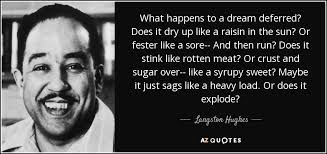
The older generation always has some idea, however remote, of what may or may not bridle the next. Things that may shock me may come as no surprise to people older than me from the previous generation. It is always what that older generation has experienced that becomes the norm. I think that stereotypes have resulted in a disproportionate number of African-Americans in the global teaching game. Every little step I can make forward means a lot to me.
0 notes
Text
SEARCHING NAPLES FOR SANTO DIEGO
I am a soccer player. I love the beautiful game. I am very good at it. When I was young, I always thought that I could be the best in the world. Unfortunately for me, a lot of outside and in-house things used to often break my confidence as a player. I was very small, maybe even undersized, when I was younger and I was quick with my feet, but not that fast up and down the field. I was clever enough to create space to make a pass, but not very strong as it pertained to finishing goals. I definitely learned as I went, but never achieved the synthesis of speed, size, and strength that I started to experience playing as an adult. Despite those things, I have always admired what goes on in the game of soccer on the international scene and the game has become even more beautiful to me through the way it is played and the tricks and skills that have developed as it has evolved.

When I first visited Italy some two years ago, a voice told me to maybe go and visit Napoli, or Naples, to see where one of the greats of the beautiful game used to roam and ply his trade. That great was Diego Maradona from Argentina. Diego Maradona was both the player behind the "hand of God" headline at the 1986 World Cup in Mexico (that he and his Argentina ultimately won), and the "Goal of the Century" where he inexplicably dribbled masterfully through an entire team and scored one of the greatest goals ever scored. That fateful day of June 22nd, 1986 just so happened to be my eighth birthday.

This is a picture of the famous "hand of God" goal where Maradona “allegedly” directs the ball into the net with his left hand. ��I was only eight years old when this happened and I would not get introduced to soccer until about two years later. I was more of a kickball and dodgeball guy back then.

This is the famous "goal of the Century" which further immortalized Maradona at the very same World Cup in the very same game. Depending how you look at it, this was the goal that redeemed him at the very same World Cup in the very same game.

This single double-doorway (below) to a restaurant was the only evidence that I saw of the famous love affair between Maradona and Naples. Maradona came to Naples in 1984 from Barcelona and very quickly helped Naples to win two Serie A league titles and a UEFA Cup as the best team, not only in Italy, but in all of Europe. It is no fresco, by any means, but I do appreciate having found it. Club football represents the glamorous side of a soccer player's life because it does not represent the "duties" of the national team. It is nowhere near the burden and so much more money, at least it is in today’s game.

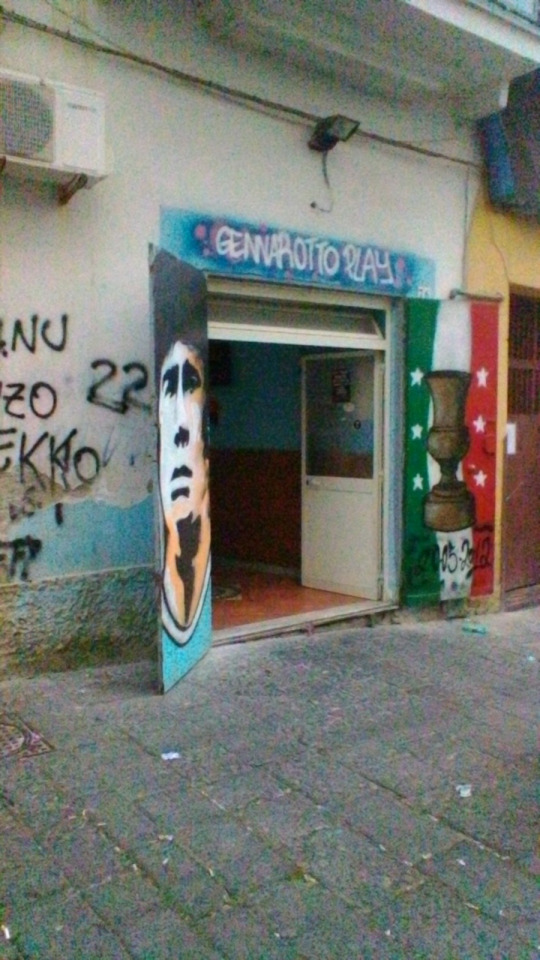
I wandered my way up a hill after I saw this mural and eventually found a pizzeria for my other objective for the day: an authentic Neapolitan pizza. I thought I would see more in the streets of Naples regarding Maradona, but I did not. I did not venture that far from the city center but I walked around a significant amount of time and covered a significant amount of ground in my search for some sort of landmark or nostalgic paraphernalia concerning Maradona. Evidently there are several “makeshift” shrines around the city for the “Golden Boy” like this one but my humble little find was the only one I saw:
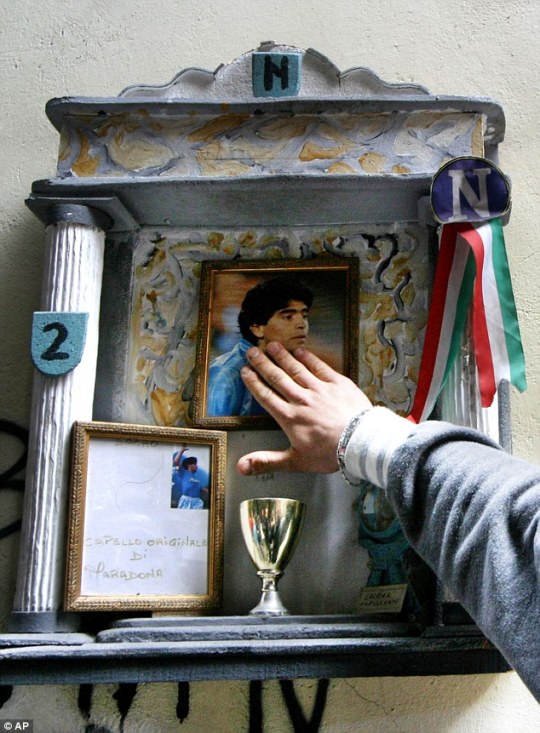

Despite the nature of my day trip, I knew very well that my allegiance was to the great Edson Arantes do Nascimento and not Diego Armando Maradona. This means I prefer Pelé- always have and always will. There was never any competition between Pelé and Maradona because they played in two different eras. There is only debate about what would have been.
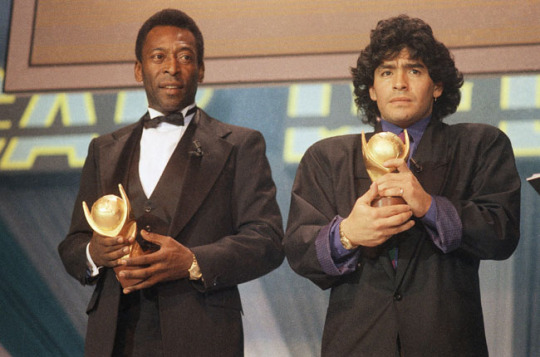
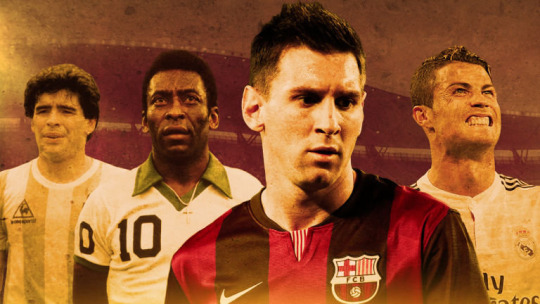
I always hear the contemporary debate and shudder at the utter blasphemy when someone suggests that someone else other than Pelé is the greatest player in the history of the game. He won three World Cups with Brazil and would have won four had he not been injured. His Brazil played in four and would have won four from 1958 to 1970. That means that for sixteen years, Pelé dominated international soccer, and Pelé never got the chance to play against the so-called best players in the world in the top-flight leagues in Europe. Pelé was not allowed to leave his native Brazil and play in Europe under the tag of National Treasure, so he led a relatively confined life while playing in the Brazilian top-flight for Santos for most his career before coming to the United States to help popularize the NASL by starring for the New York Cosmos in 1975, after he came out of retirement. Because sport so often correlates with politics, and given that when Pelé began playing for the Seleção Brasileira de Futebol, he was not allowed to play abroad in European leagues. Pelé became part of Jânio Quadros’s attempt to preserve some little bit of political influence in Brazil. He and some others passed a law that said Pelé was not allowed to leave Brazil in order to play for club teams abroad. Pelé had been drawing interest from Real Madrid, Juventus, Manchester United, etc. to come to Europe and play for the big money. As a leader, Quadros had fallen out of favor with some questionable political decisions like banning bikinis, and ensuring Pelé staying in Brazil was purely a political move to win back some of his lost popularity. Curiously, no succeeding president ever even revised the law. It was not until after his first retirement that Pelé tested the international waters in club soccer.


During my travels I have a lot of time to sit and think to myself about random and various things: story lines, blog ideas, poetry, budgeting money, and a host of other things in retrospect. I told myself that I would go and visit Naples one day to try and get a sense of how beloved Maradona was by the people in Napoli. Before I went, it felt like a guarantee that I would sense a definite hearth there to his homage. Maradona was like a god there during his playing days (some people actually thought he was God with the capital G.), so I figured I would go and take part in the nostalgia of the beautiful game and pay my respects to the legend.

But like I said before, my favorite player growing up was Pelé. I wanted to be Pelé when I played so that was how I approached developing my game. I played on the street in front of my house when I was growing up. I practiced the tricks that were tricks back then. I imagined myself as Pelé, but the right-footed Pelé. Though both were considered gods, Pelé's Brazil would have beaten Maradona's Argentina any day of the week. That being said, the other point of this post is to let you know my stance on the issue of who is the greater player between the two.

First of all, if someone would have asserted to me that day in Napoli that Diego Maradona is the greatest soccer player who ever lived, I would have looked at them with this face:

No diehard sentiment and no loyalist vitriol would have convinced me that that un-articulated assertion was valid. Nothing anyone can say will convince me that the star of three World Cup winning squads (it should have been four) is not the greatest player of all time. Yes, this man:
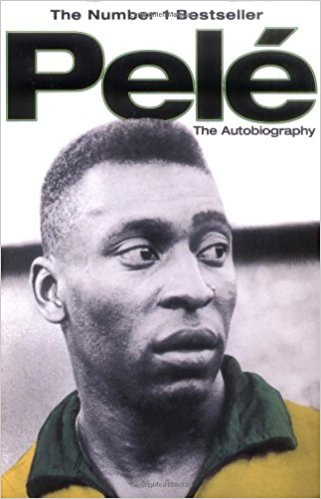

The picture above him was also my face as I anticipated my authentic Neapolitan pizza just for me. I was glad to be able to converse with the pizza maker as he asked me what I wanted. I told him that I wanted a pizza with a lot of meat. I didn’t even say anything about Maradona. He just knew I wanted some pizza. I sat there consoled by the forthcoming pizza about the lack of Maradona memorabilia that I found. For some reason, I thought I would see banners, etchings on the sidewalks, real life vandalism in tribute to Santo Diego, but I didn't.
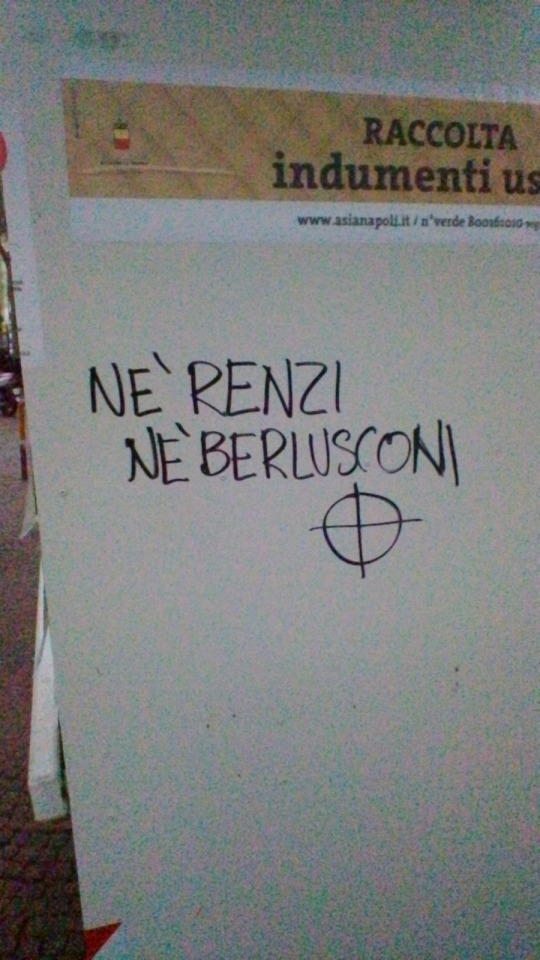
I didn't see any wild parties, fast women, or cocaine, either. This was the etiquette of the beautiful game then. Naples in the eighties was rife with the aforementioned. There were gangs, betting, and all types of shady activity going on in and around the game. Maradona had more of a bad boy image than Pelé. Pelé was the mild-mannered and humble Brazilian and the guy with whom I identified. I think I knew more about Pelé growing up although Maradona was a generation after Pelé, thus closer to me, chronologically speaking. I so happened to automatically associate with Pelé when I started playing. Argentina and Italy were pretty taboo for me then as I had just started studying the French language. I would not start to study Spanish and Italian until my late twenties.
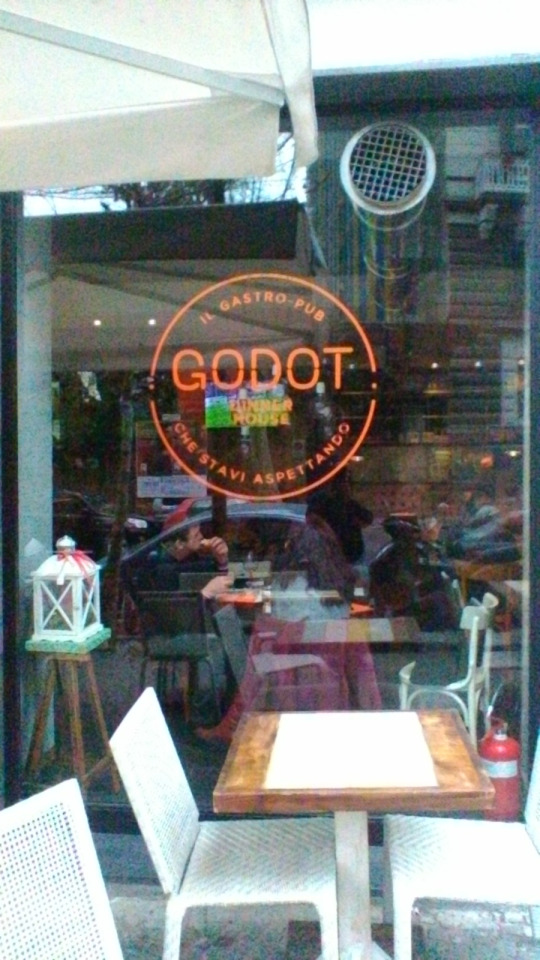
Roaming around Napoli looking for the spirit of Maradona, I found this quaint little hole-in-the-wall of a café. I will take this time to tell you, the reader, that waiting for me to admit Maradona is the greatest is like waiting for Godot. He is not coming and he never will arrive. He is not fashionably late and he is not held up in traffic in a limousine. Godot is not coming. Hey you, Estragon! Hey you, Vladimir! He is not coming. If you really feel that Maradona was a greater player than Pelé, then Maradona's generation never happened.

Just kidding. But I like that I found this landmark of world literature, too. It is a pretty funny coincidence, given the nature of my day trip to Naples while I was visiting Rome. Maradona has made several returns to Naples since his heralded playing days and me bumping into this café to the tune of the great Samuel Beckett book tells me that there is a good spirit in Naples and I am glad that I went with my hunch to go and check out the city.


0 notes
Text
EAST AND WEST BERLIN

I took my first trip to Germany two weeks ago. I spent twelve nights in Berlin. I do not speak much German and I did not expect to understand much while I was there. I have a basic level of understanding in the language. I have recently decided that I want to learn it for my own enrichment and thought that actually visiting Berlin would be another good foot forward in addition to all of the YouTube videos I have been watching. I also have an uncle who lives in Hamburg, and has lived in Germany for the past thirty years who I have met relatively recently. I had never met him before our first meeting about five years ago in the United States.

I found myself that close to German history and a common bond with my uncle right in the capital city in the middle of Germany's political culture. I took the "hop on, hop off" city bus tour and saw many points of interest; and, I often veered off on my own random but itinerant wandering through the city. My Airbnb host gave me plenty of suggestions about what to do and see in the city and I always followed her advice and was never disappointed. Because my experience in foreign countries is becoming more significantly frequent than what it used to be, the challenge of navigation through a big city was not as daunting as it had been before.
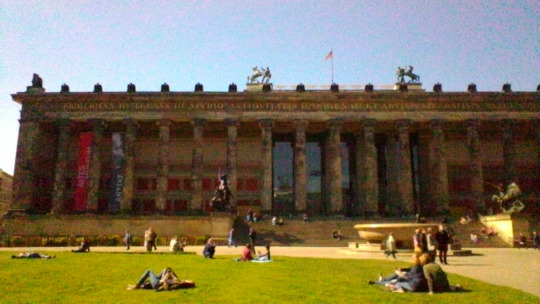
Even though everything was in German, I felt comfortable while visiting the city. Among the interesting areas I saw were Zoologischer Garten, Alexanderplatz, Potsdamer Platz, Hackescher Markt, and the graffitti wall and "hippie" culture in Mauer Park.


I even took the S-Bahn to Potsdam and found myself at Sanssouci Palace, a place that I had learned about in a French linguistics seminar in college. I somehow ended up in Potsdam while looking for Potsdamer Platz at the suggestion of my host, Ines. I was so surprised that I, essentially, accidentally found this place that I read about in the book The Story of French by Jean-Benoît Nadeau and Julie Barlow. This irony presented such a challenge to justify, that I can only say that God must have a plan for my life, and it must be according to what I have seen before, because I must be able to grasp it all as I am blessed enough to look back on my life, summarize it, and explain my good fortune up to this point. I never had any idea that I would find myself in Germany "getting my feet wet" linguistically in English's direct ancestor.

The weather was not very pleasant the whole time I was there. It was always cloudy and cool and it rained almost half the time I was there at some point during the day. The trip still bubbled with optimism as I was very amused with the simple fact that I was in Germany after all of that stirring in the back of my mind that started after I had met my uncle for the first time about five years ago. There were only several sunny days. I always took the M2 tram home through the Prenzlauer neighborhood to Am Steinberg. I was just getting to know the area, but by the time I was getting familiar with it, it was time to leave.
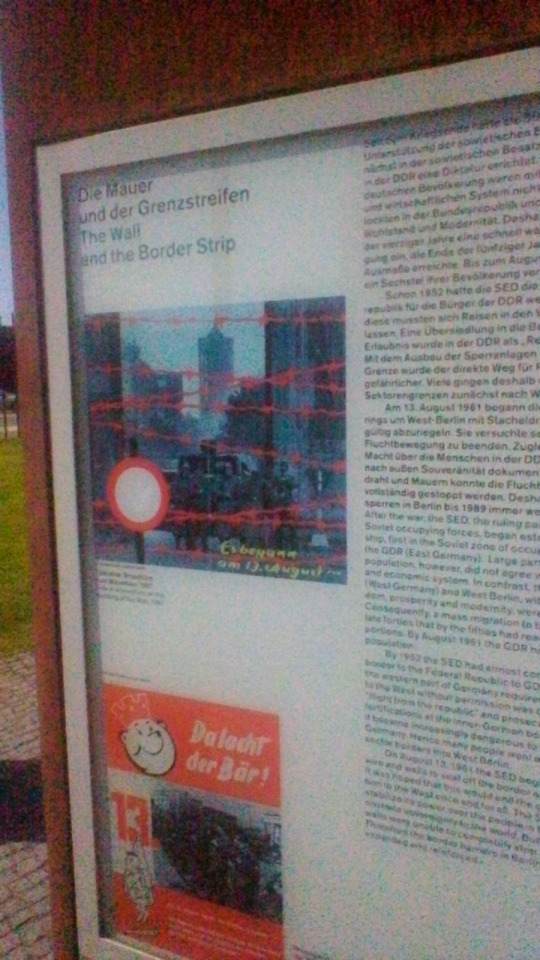
What was most compelling to me during my visit was the story of the division of East and West Berlin. I found myself along the original path of the Berlin wall and reading the commentary along the way about the way things were in the city during the thirty years or so that the wall closed East Berlin off from West Berlin. When I was a child, I always heard about this on the big news stations and national TV networks. Not only had Germany been a symbol of the Holocaust, it was also a symbol of the Cold War, only less prominent in my eyes at the time than the US and the Soviet Union. Now, I found myself right in Berlin along the Wall's original path as a witness to what used to go in one ear and out of the other, and what used to go on right in the face of the rest of the world in which I lived.

I read about the statistics about the people killed and injured trying to climb the wall, and the subsequent "development and sophistication"of the wall, if I may, arming the zone between the two halves of Berlin with the military, and booby trapping it with barbed wire, land mines, and shotgun rifles strategically placed to fire automatically at the trip of a wire. All the while this was going on, the leadership put on airs in front of the rest of the world as if the people in East Berlin had any right to leave, let alone any sense enough to want out. There were stories of people digging tunnels, smuggling loved ones underneath the hoods of cars, and even a story of a group making a hot air balloon and miraculously escaping the militarized zone of East Berlin across the border to West Berlin. Even more interesting was the East German secret police force eventually implemented to thwart any and every attempt at escape that it could sniff out, be it by a hot tip or patrolling prime areas deemed vulnerable to such escapes.

I find it both fascinating and disheartening that a country responsible for a genocide was subsequently linked with this kind of negative global press. I found myself theorizing why this happened so soon after the end of the second World War. In the eyes of the world, so relatively soon after the Holocaust, here again was a nutjob Germany, however divided, in consternation, defying (and misconstruing) humanitarian pleas from around the world and deciding on an obtrusive display of governing and essentially intruding upon the fragile notion of diplomacy and democracy of the post-WWII world. While trying to read as much of the narration as I could along the memorial path, I found myself re-visiting my high school AP US History class and remembered discussions about John F. Kennedy, the Cuban Missile Crisis, and our own Civil Rights Movement in the United States, particularly the doctrine of "separate but equal" whose presence as a doctrine was as tangible and present in the South as the Berlin Wall was in Berlin. I am no expert in world history. The testimonials that I read and heard about the Berlin Wall were very fascinating and a better understanding of the psychological effects of the Wall is definitely something that I would enjoy pursuing because of my trip to the city.
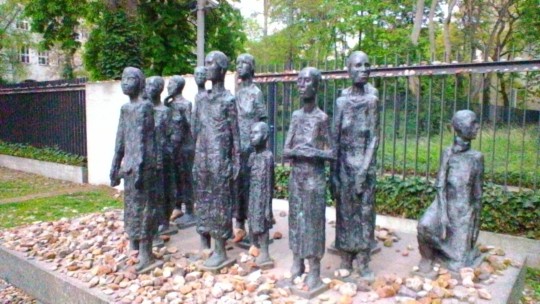

As a Black American citizen it was a peculiar thing to see the remains of the Wall, then consider the country of which I am a citizen, then consider how recent the Holocaust was in relation to the construction of the Berlin Wall, and to try and justify that bureaucratic process of international relations that takes so long a time to decide to defend people who are being oppressed in whatever way. Around the time of the division in Berlin, the United States was coming to political terms in its own domestic relations about the division it had fostered with slavery, Reconstruction, and the Jim Crow south. The rigid White male patrimony was softening here, but Berlin and Germany were just sinking into its infamous, post anti-Semitic, division.
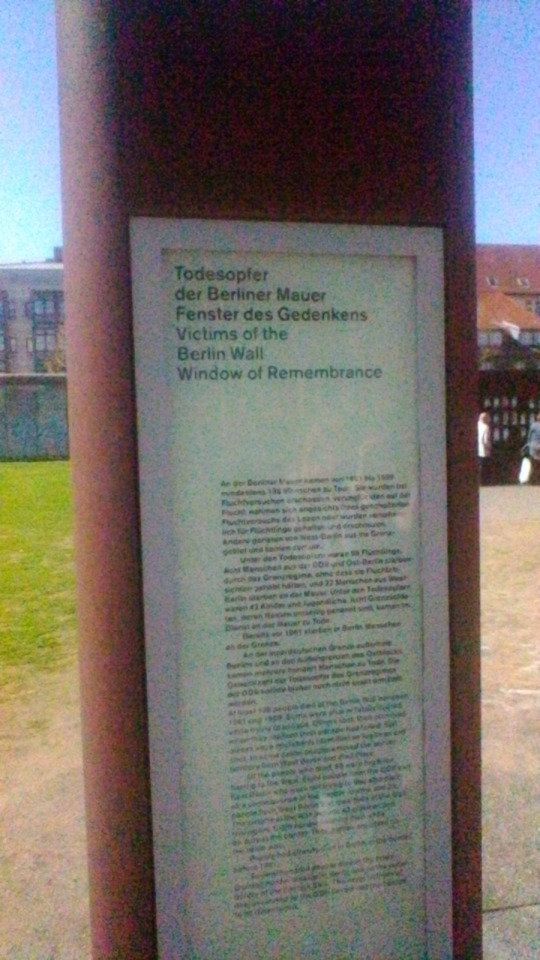
Two questions I had were, "Why did it take so long for the world to stop the Holocaust?" (first and foremost); and due to what I was hypothesizing as what may have been some sort of crass and theatrical admission of guilt before God, "Is this why Germany was doing this to its own citizens?" I hope the former question does not make me sound like some superficial idiot when I am particularly sensitive to the Holocaust and Jewish culture. My maternal family are followers of the Hebrew-Pentecostal sect of Christianity, a sect that closely mirrors the major observances of Judaism. It must be a trip to look Hitler's antics directly in the face and try to begin to be a part of that, after the fact. What we must all call charisma must have been just that, then. Charisma comes it many different shapes and forms, and calling it charisma in retrospect loans the masses who supported such an ignorant figure a gracious benefit of the doubt.

Was this situation in Berlin some sort of poorly thought out attempt at rationalizing genocide with a self-imposed divide-and-conquer motif? Turning the knife on oneself, per se? And when I think about the idea of guilt and the Holocaust being such a premise to express guilt, was what was happening in Berlin a manifestation of guilt from the Holocaust? This goes against Einstein's "equal and opposite" claim of physical reactions. The only opposite I can think of to sending nine million souls to their Maker is evangelism and communicating the Triune God's message of forgiveness for sins, and His promise of everlasting life for those who submit to His will through confession. That has seemed like futility in the making for years now. My uncle has been in Europe, primarily Germany, making gospel music for roughly thirty years, evangelizing to believers and lost souls, despite the Nazi history of intolerance.

On one hand, this seems like a valiant attempt at explaining such a thing; on the other hand, considering the magnitude of it all, is it really worth trying to explain something so seemingly inexplicable? What in the world could the audacity have been to not agree to immediately try and begin some sort of healing process? Or is it simple hilarity to expect to see something remotely resembling healing after such an atrocity? God tells us to praise Him in all seasons, but this part of history is so unjustifiable. Nine million Jews dead because of how they looked. Not even when Herod sent the command to find and kill the baby Christ were so many lives lost.

While one side of me enjoyed the city, the sights, and the residential areas with the smaller restaurants and businesses, another side of me could sense all of the death as landmarked by the different places near the city center. I almost felt just a step away from it all even though we are some seventy-five years after the fact. It felt like a hologram of it all was just beyond some continuum that was somewhere, if I wanted to look for it. It seemed like you could taste it. I don't feel any real wish to have been there to see, meaning I don't feel any desire to be a fly on the wall to witness how and what went on when that happened. To tell the truth it seems like someone would be trying to make me eat everything I could see if I could go back in time and sneak around while trying not to get caught.

0 notes
Text
THE CRAP SHOOT
I want to start a travel blog where I share my opinions and experiences while on the road. I am not going to just describe the places I go to or have gone to, but I am going to try and pick something about them that is compelling in some way. Since I have relatively recently begun teaching English as a foreign language, I have been doing a lot of traveling. I have found myself in Europe three times in the last year and half for various amounts of time. The first trip lasted two months; the second trip lasted eleven months; and, the most recent trip lasted three months. I have traveled to five different countries during this time.
The more experience that I get teaching other people English, the more and more I am interested in learning their languages. My current jobs allow me contact with students from all over the world and I feel an increasing obligation and calling to learn their languages so I can help them learn mine.
My family raised me to realize that words have power and I am also interested in how and why Linguistics is classified as a science. I don't know why but something strikes a discord inside when I hear Linguistics mentioned along with other physical and earth sciences. I do understand how it can be mentioned among the various social and behavioral sciences because without language, how would humans communicate with one another?
Among the several languages I have learned there is a definitely a pattern of grammar they share, as all languages have grammar. But what makes language so scientific? Why is Linguistics such a science? Because it has a history and a morphology? It has changed over time and the men and women who speak language clearly and effectively are the men and women who are typically successful in life.
The masses respond to correctly executed mechanics of grammar, intentional semantics, and rhetoric and rhetorical device. But, I want to know what makes it so scientific as in is it, in fact, the social sciences loaning language and linguistics a spot among them? Do sociology and psychology loan other disciplines that have a symbiosis with linguistics, like political science and marketing, credibility? How can linguistics be a science on its own? It seems to be standing alone as a science and scientific, but is it really? I figure that trying to qualify linguistics as a science must include attempting to quantify the effects of charisma in world history. You either have charisma or you don’t, sort of like the presence of carbon in organic compounds. What would life be on Earth without carbon? The application of linguistics by a charismatic person unleashes it, but is there any real and sophisticated way to measure a unit of linguistics? What would a linguistic unit really be? What is its common denominator? Charisma? Terror? Sex?
Language morphs and evolves over time because of wars and conquering that have forced people to co-exist in some form or another. Some leaders have refused or been actively against the use of other languages in their own. Language is so accessible yet patrolled by censorship and "powers that be" and I think that language and political charisma is generally fascinating. Public speaking has always been something I have wanted to be better at and there is such a long list of men and women who have been such eloquent speakers and rhetoricians that have changed the tide of democracy all over the world.
When I think linguistics, I think about speech, grammar, rhetoric, foreign languages, and semantics. I also think war and occupation, and diffusion and morphology due to war and occupation. Apart from the structure of language, I still do not see linguistics as a science. Is an instant of cognition achieved if I can convince you to get up and vote for someone I endorse? Is that instant of cognition the equivalent of the necessary flash or aperture for a photograph? The only thing remotely scientific is the volatility and docility that some charismatic-in-design political rhetoric has caused. But is that the fault of the rhetorician? Or a dynamic of the masses? Is the real science behind linguistics the capability to negotiate things about the human spirit? To rally the masses? To interrogate? To document? To calculate an exposition that will captivate a certain literate demographic? That will fool a less certain semi-literate demographic in somewhat of a free fall amid misinformation? Certain mobility for the literate, yet certain demise for the semi-literate?
I believe today's world boils down to, "What can I say to make you believe me?" Linguistics has its role in that. Tourism also has its role in that. Wow, some of the things I have heard since I have been a tourist from vendors, consulate offices, people on the street, etc. have been absolutely unbelievable! Sometimes the things have been funny, sometimes disturbing, sometimes profoundly true. At any rate, I hope to investigate things a little further and maybe come up with some answers and find things I have in common with other people who have been to some of these places or have ideas about traveling and experiencing different cultures around the world. So pardon any split infinitives or sentence fragments, and maybe send me a note on something you like, something I should maybe do differently, or any other questions about something you might want to know about my modest travel experiences.
0 notes